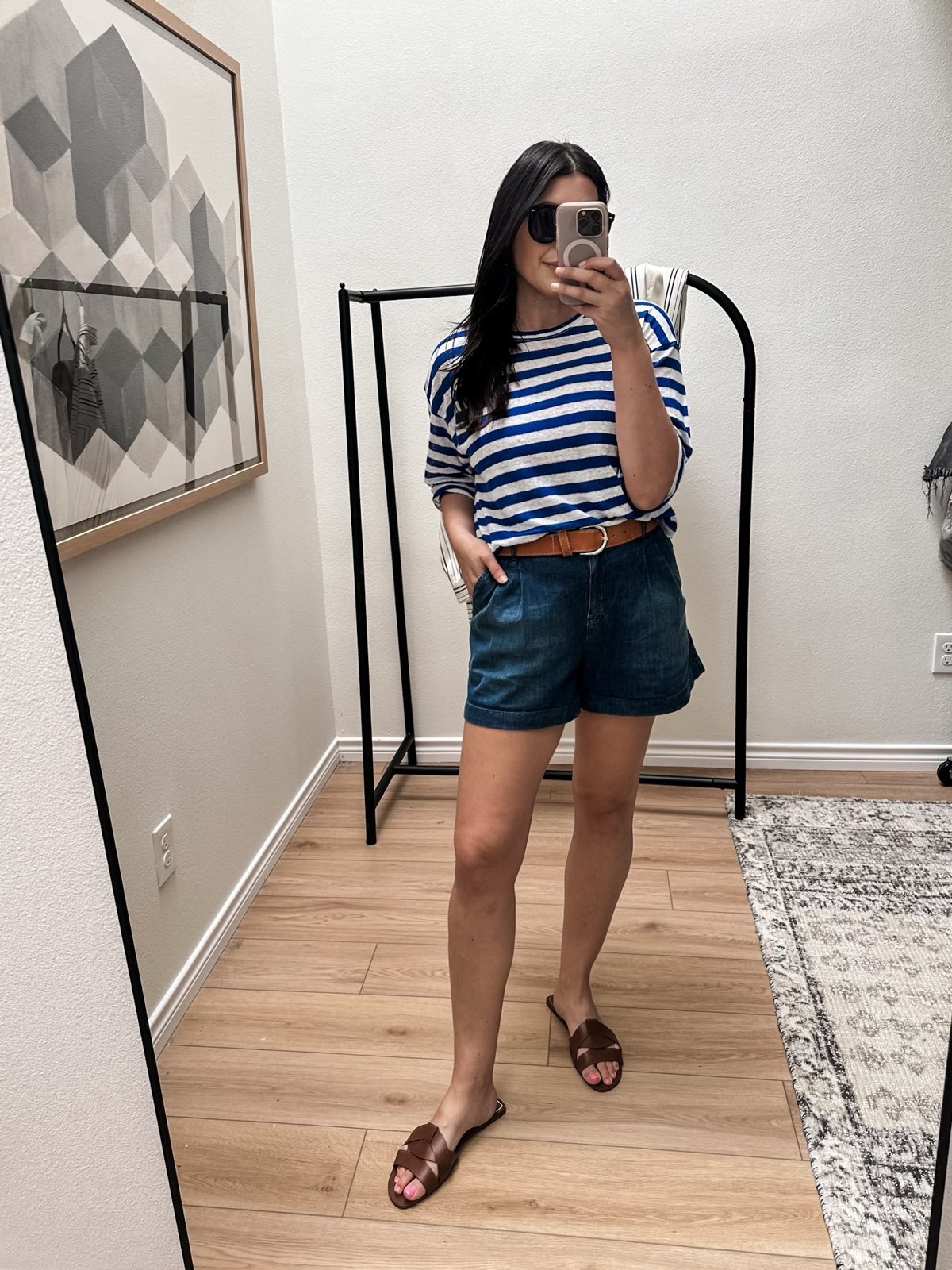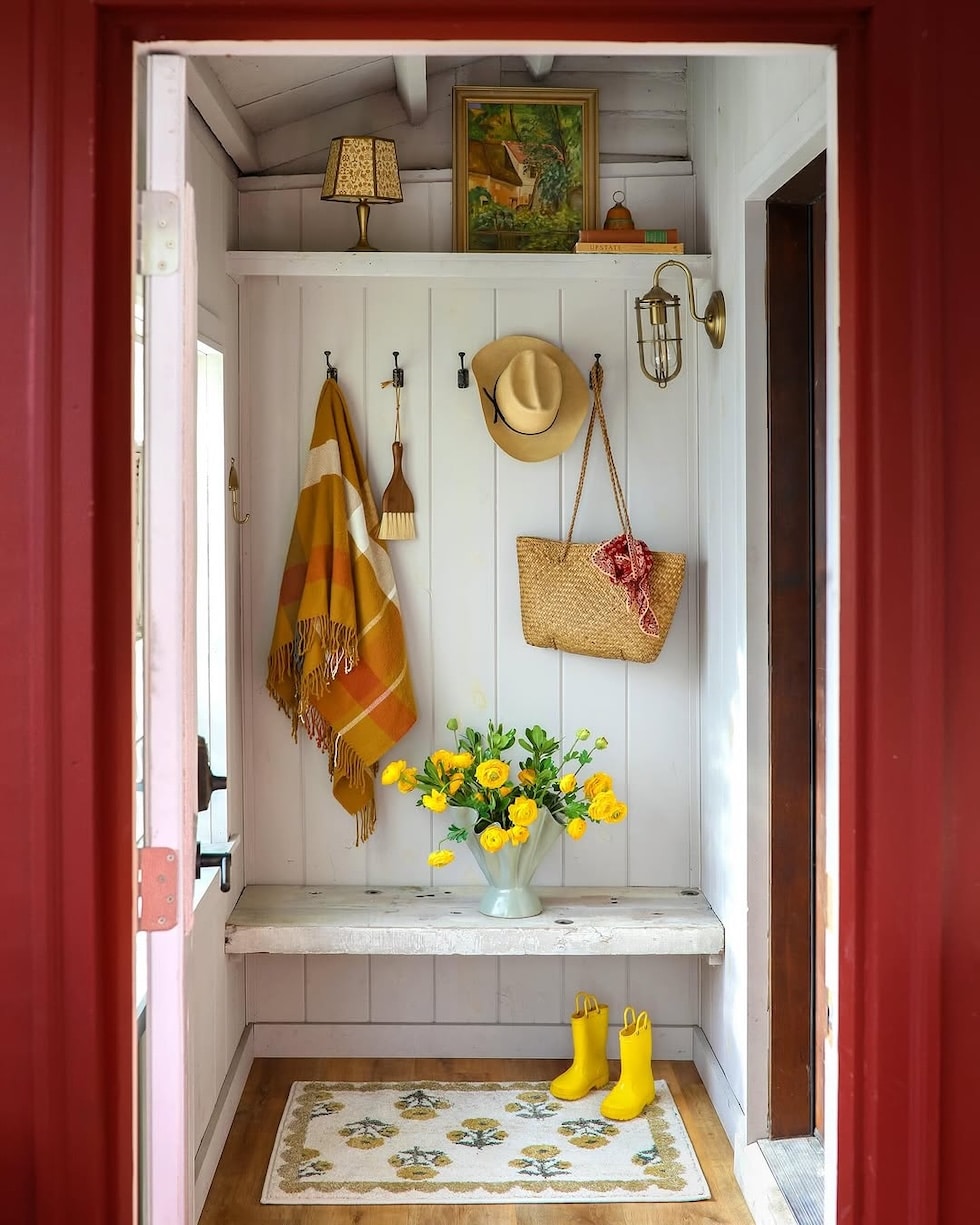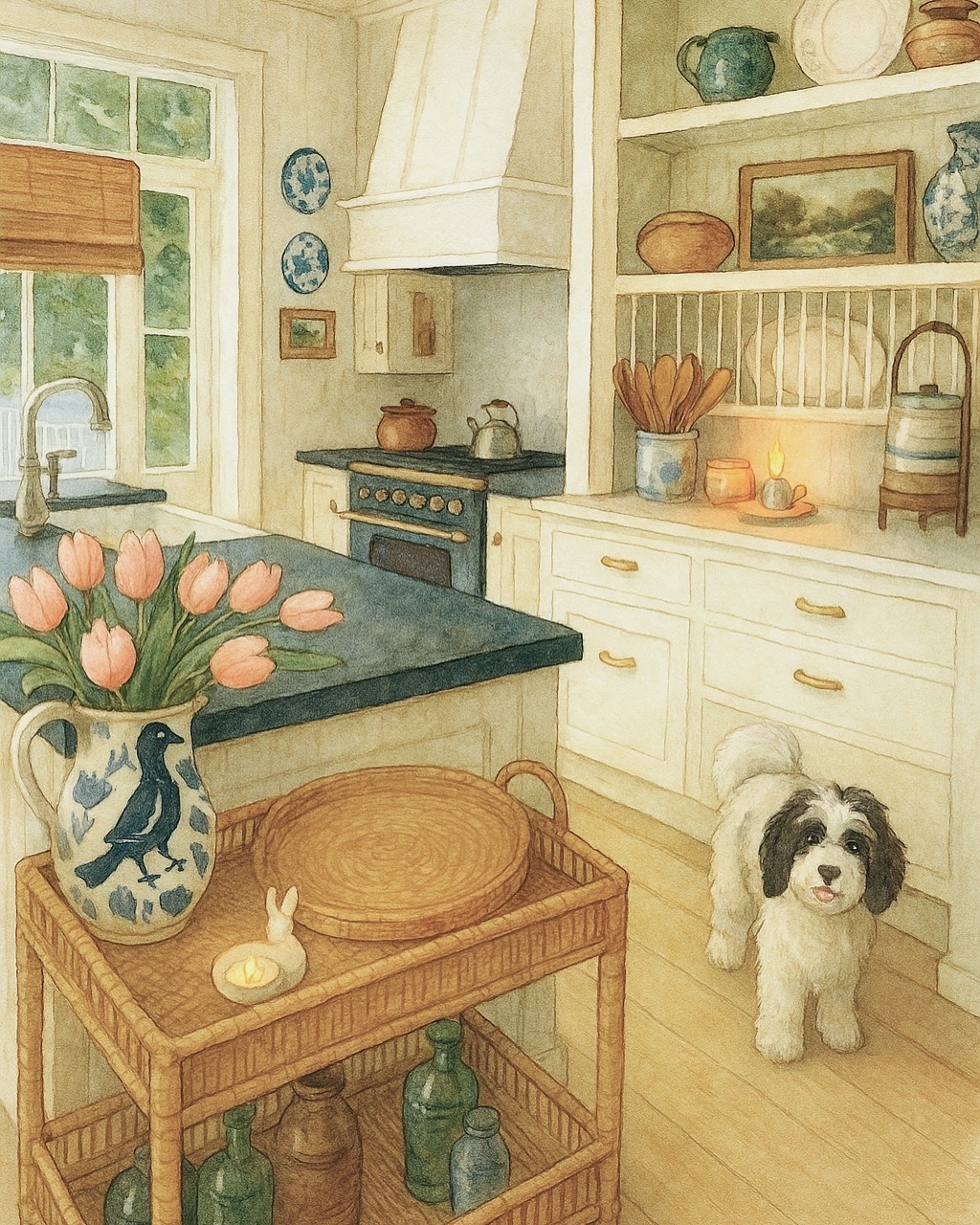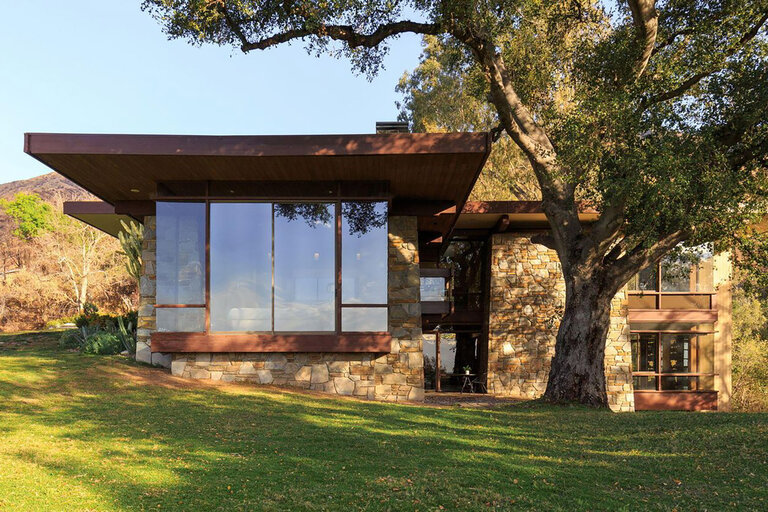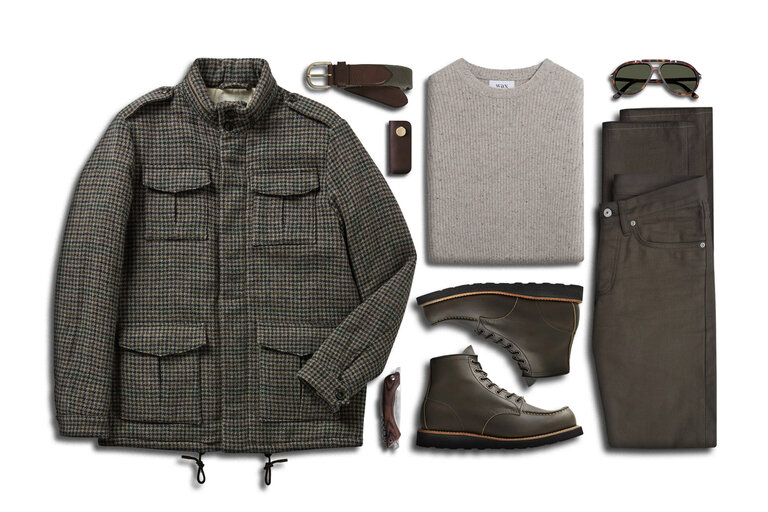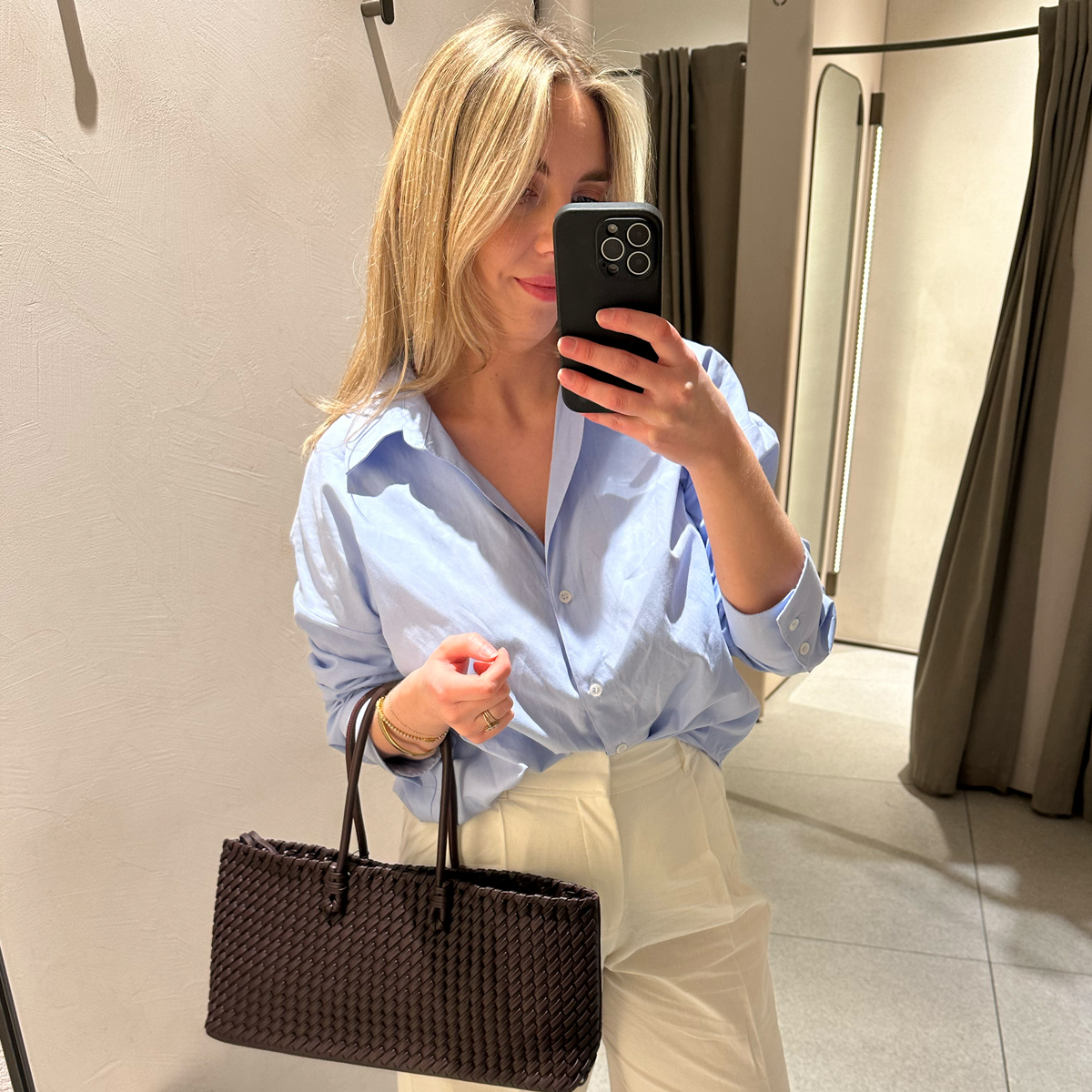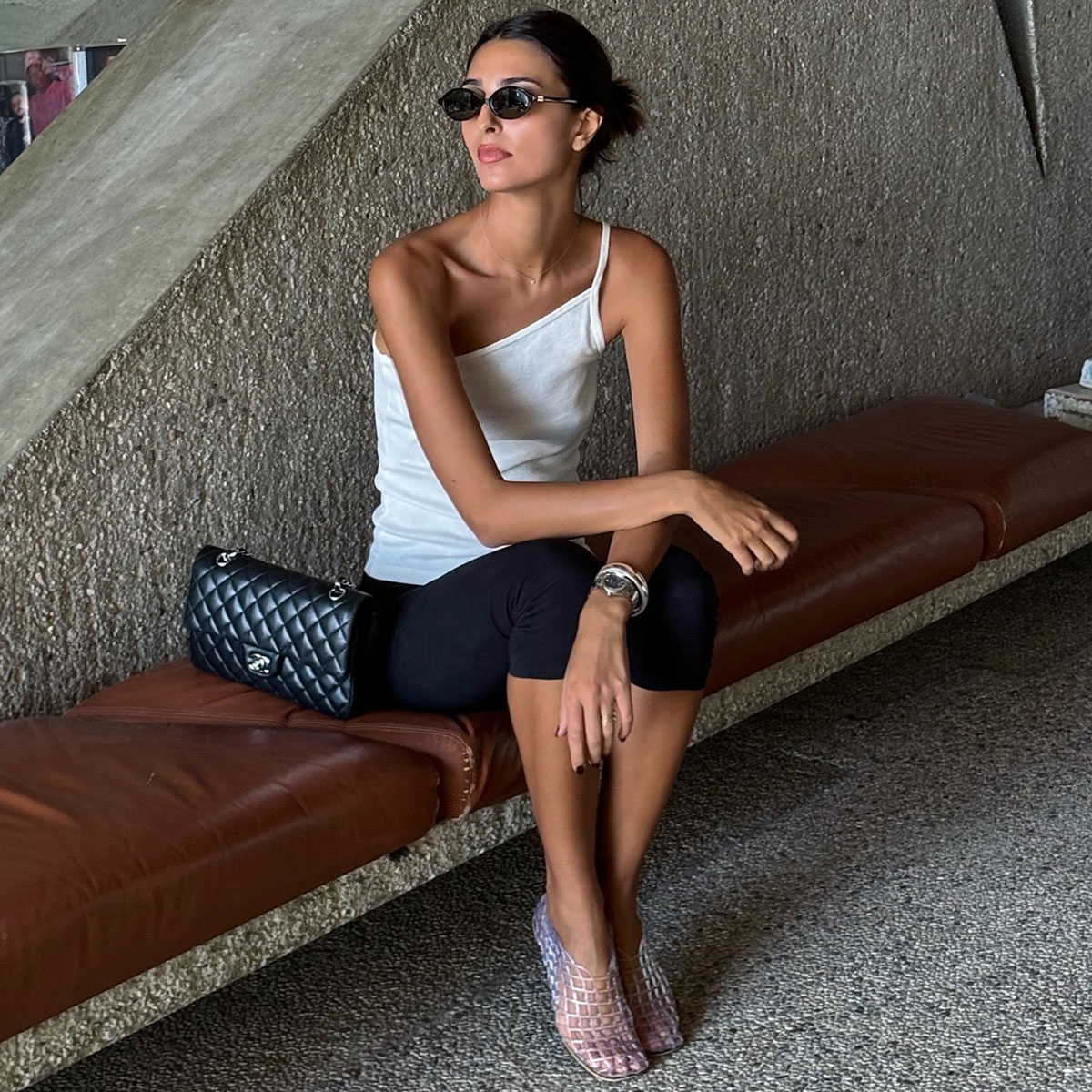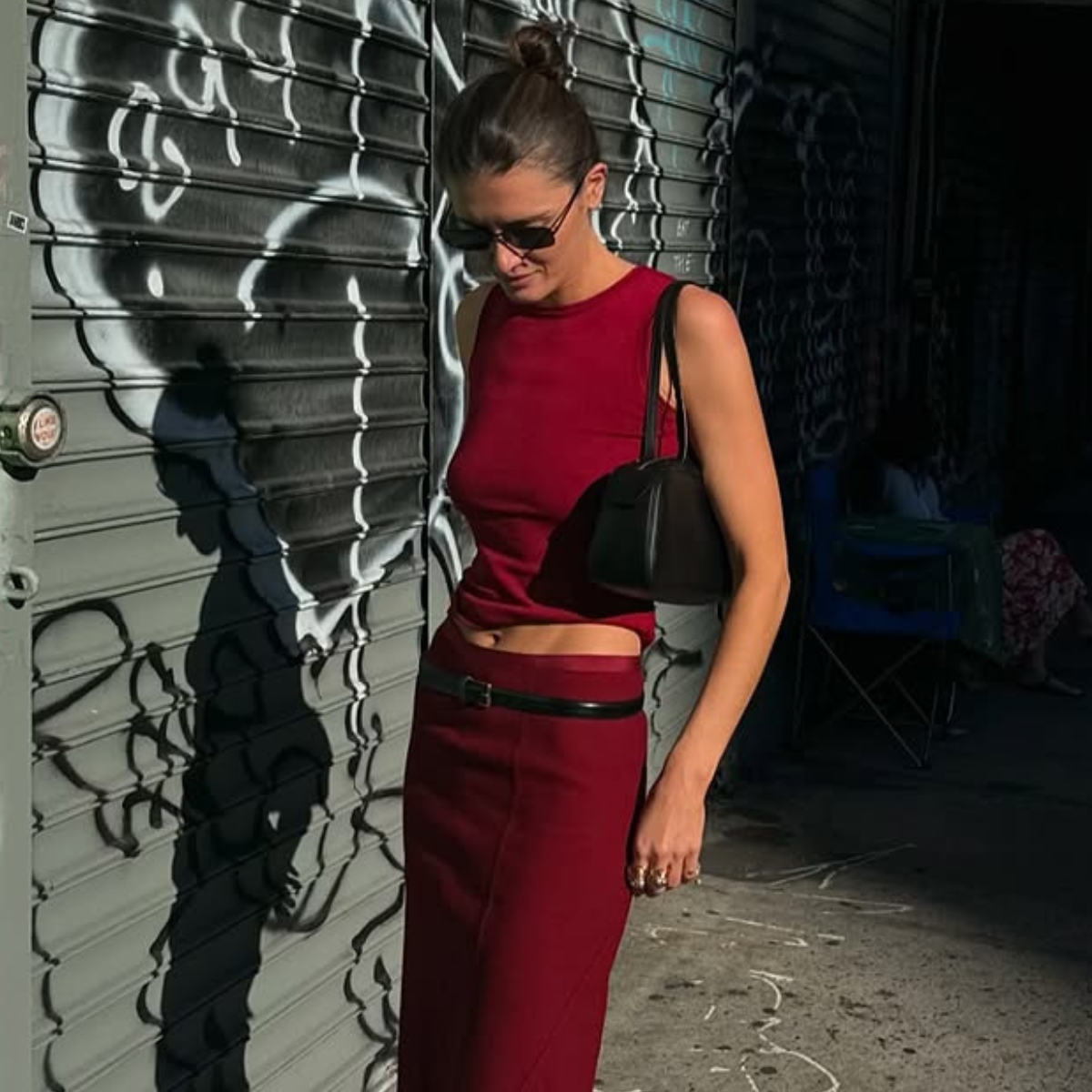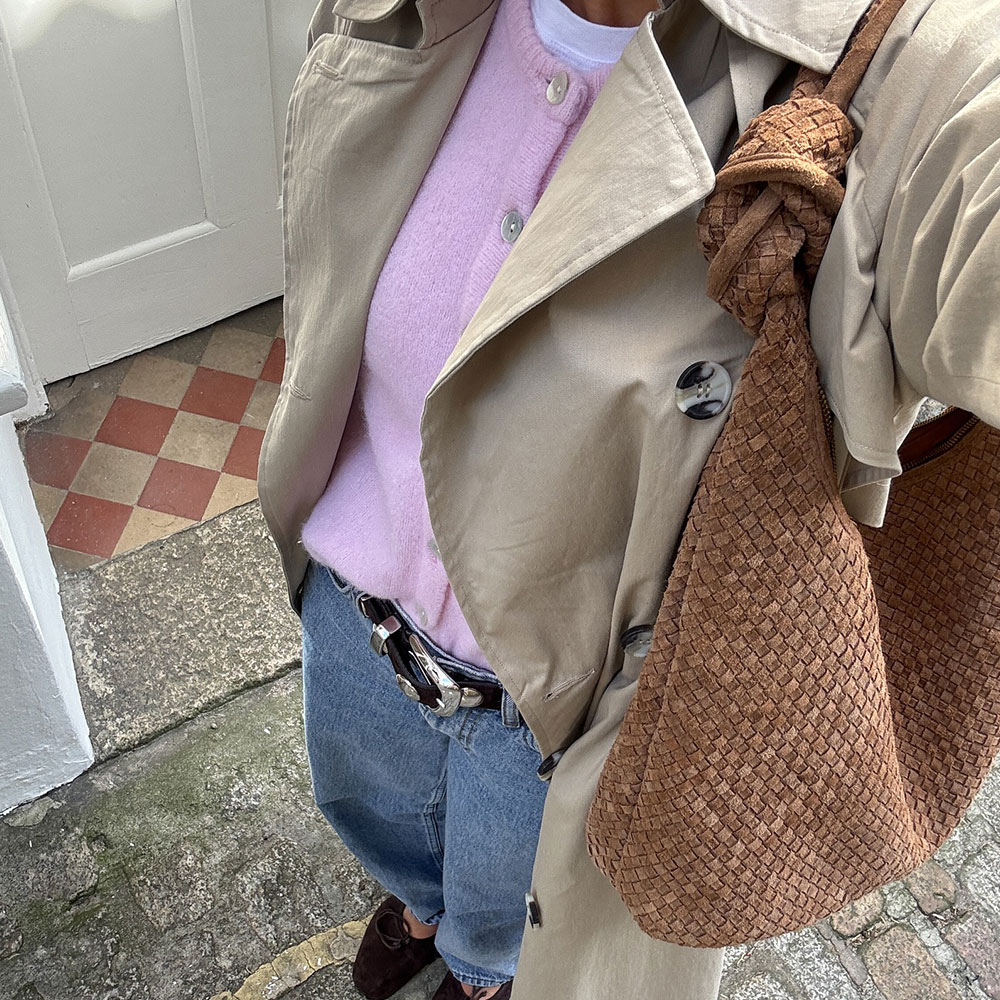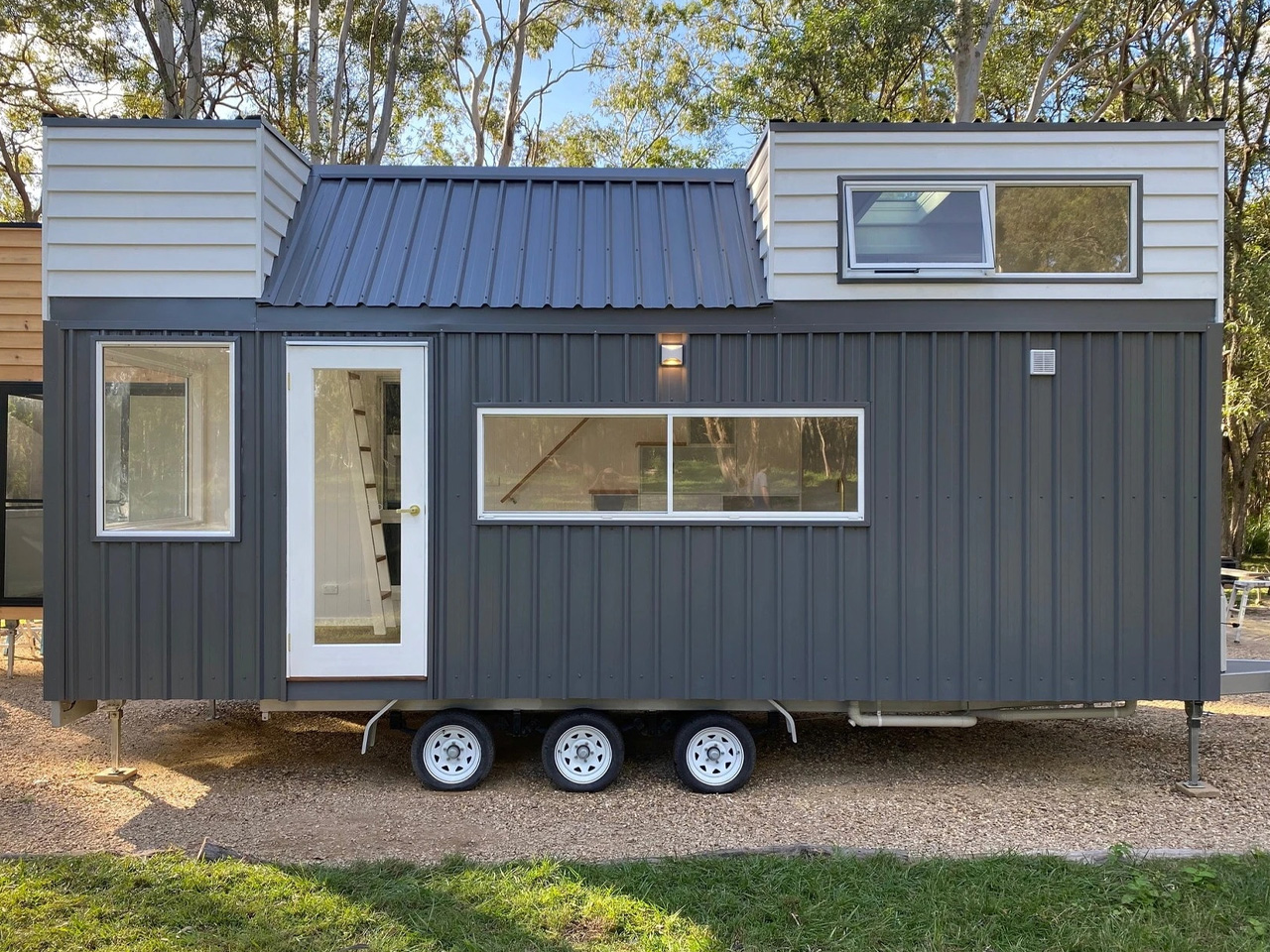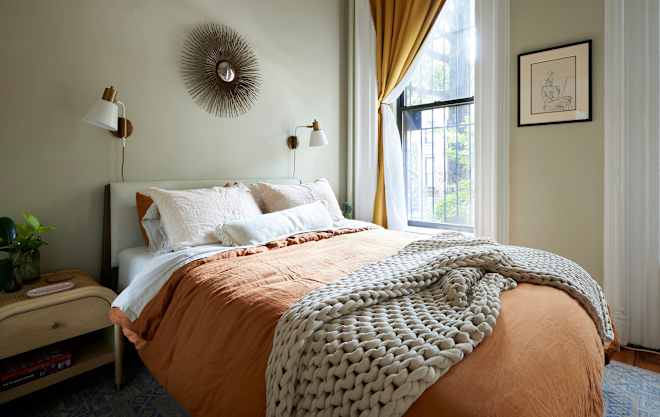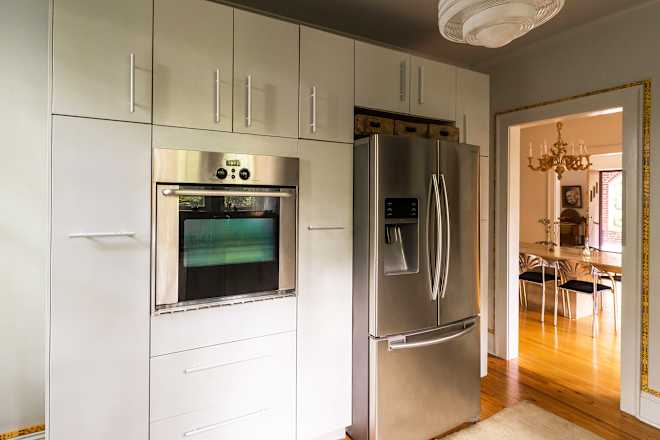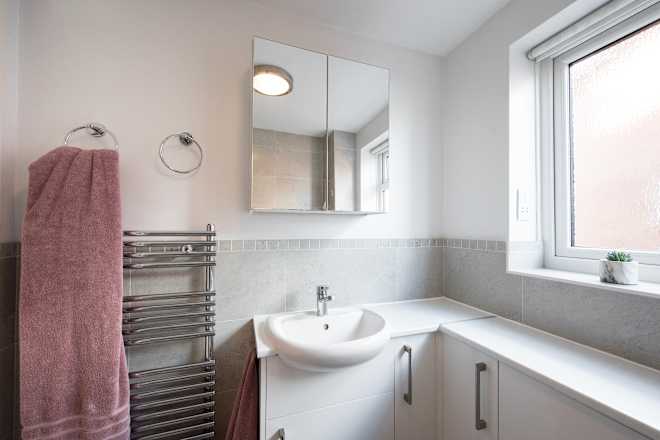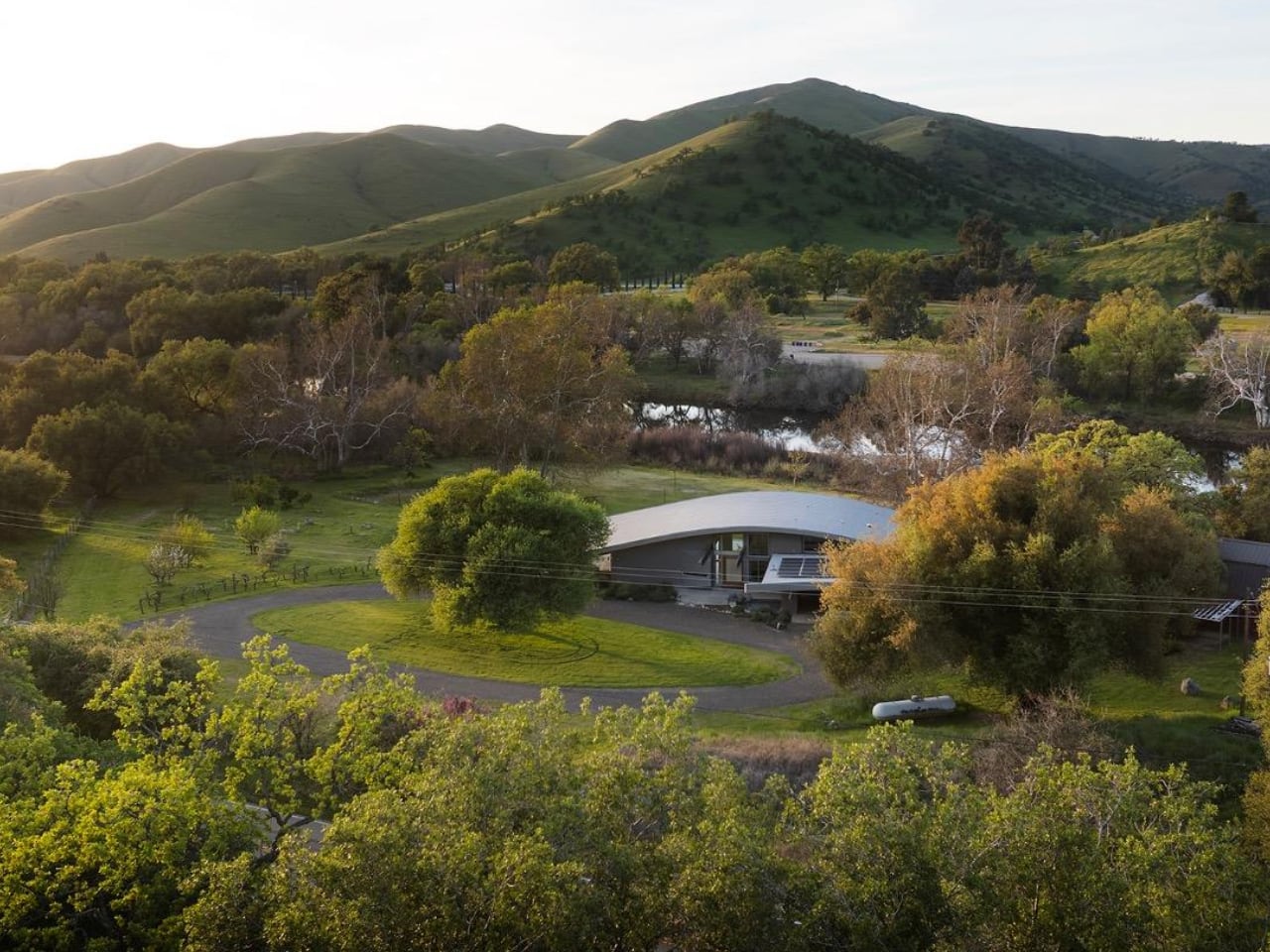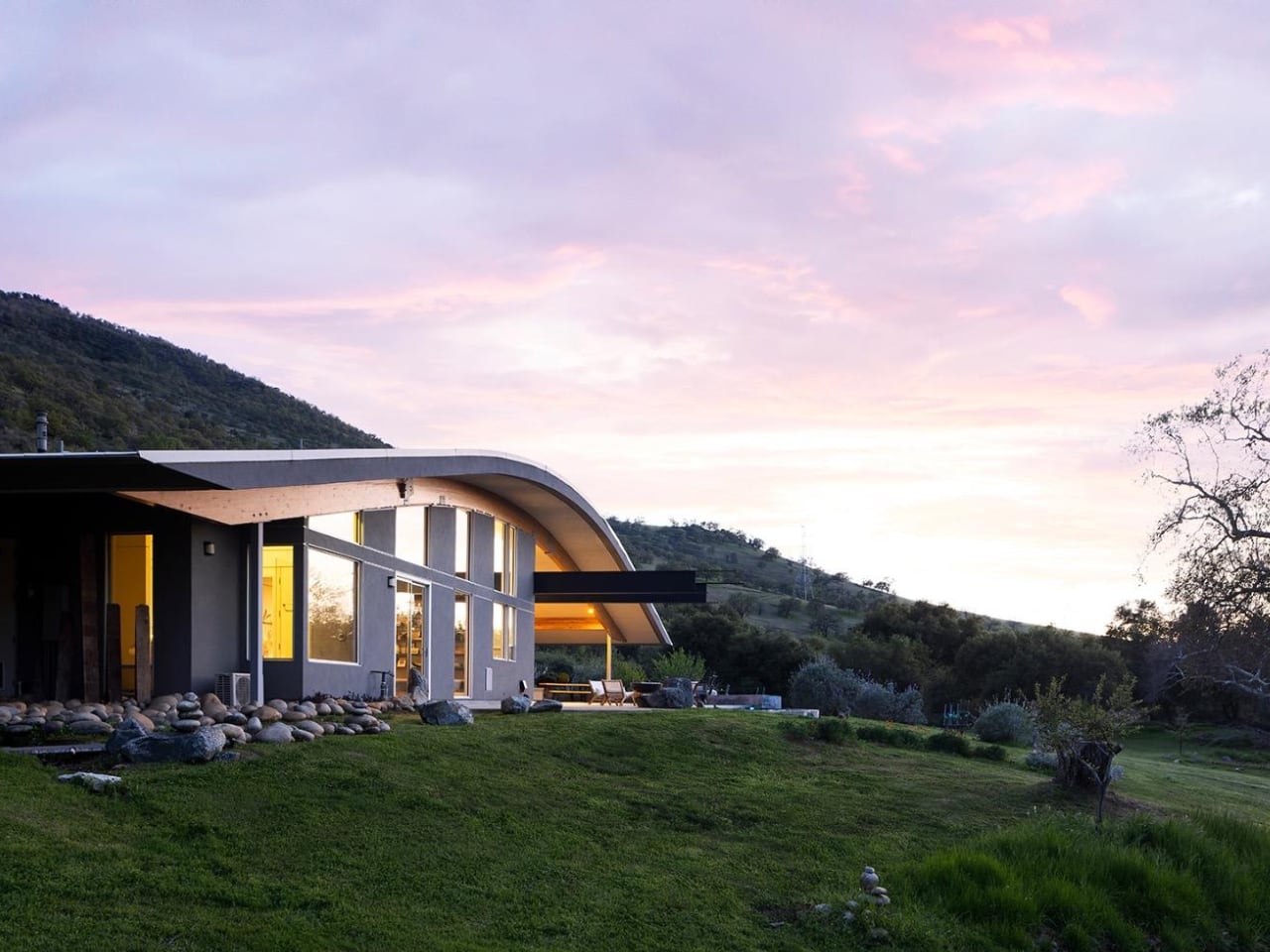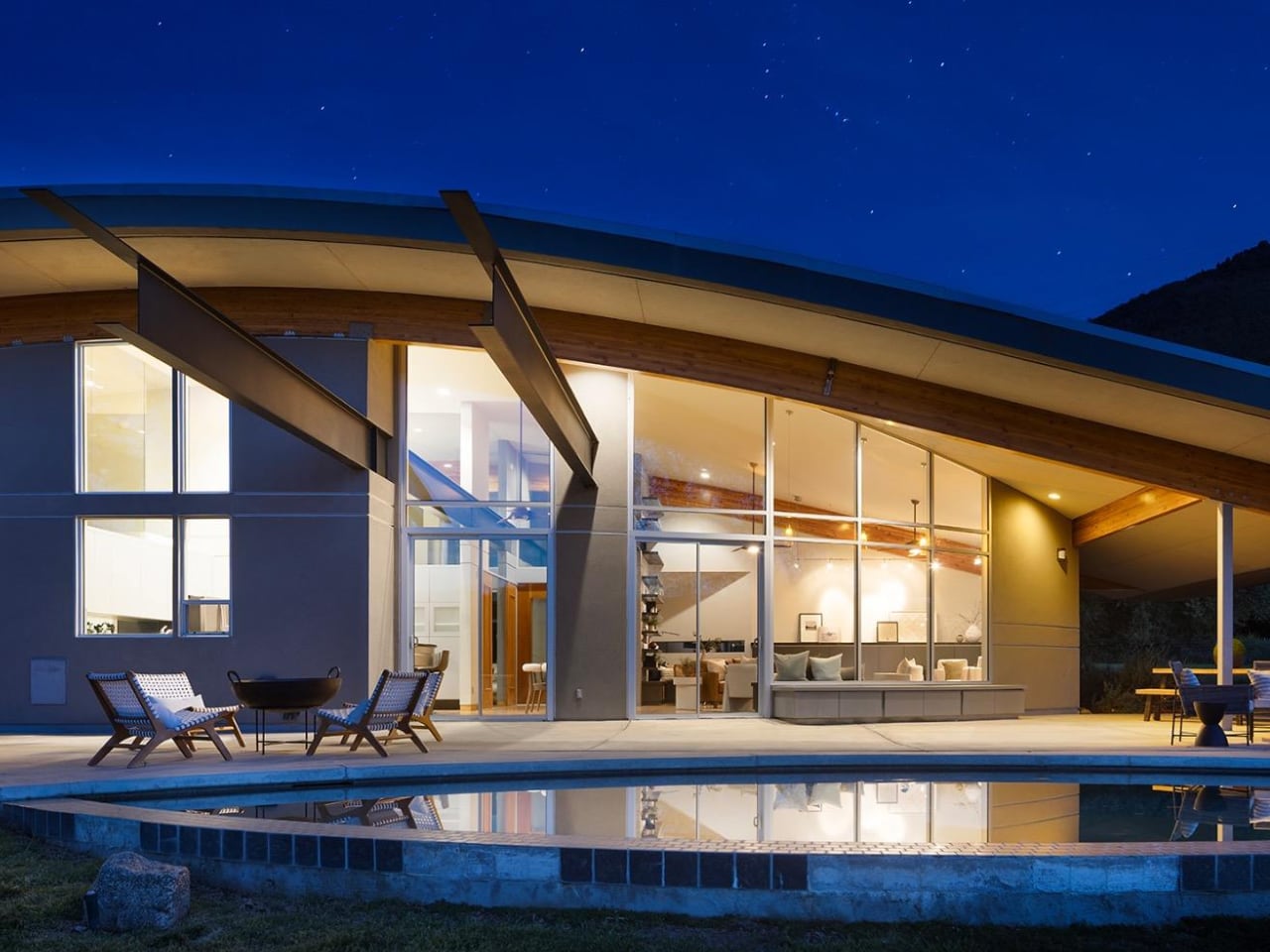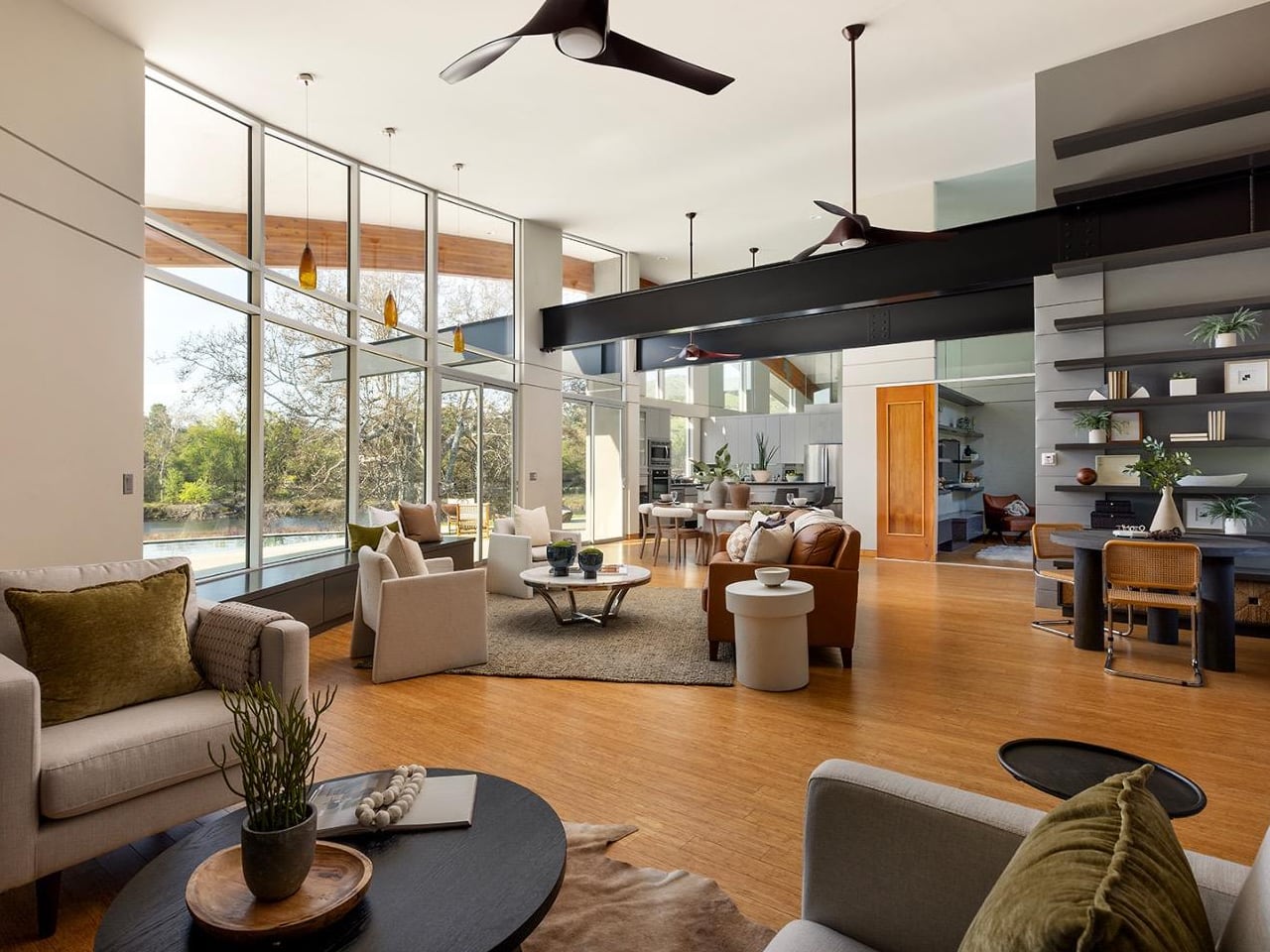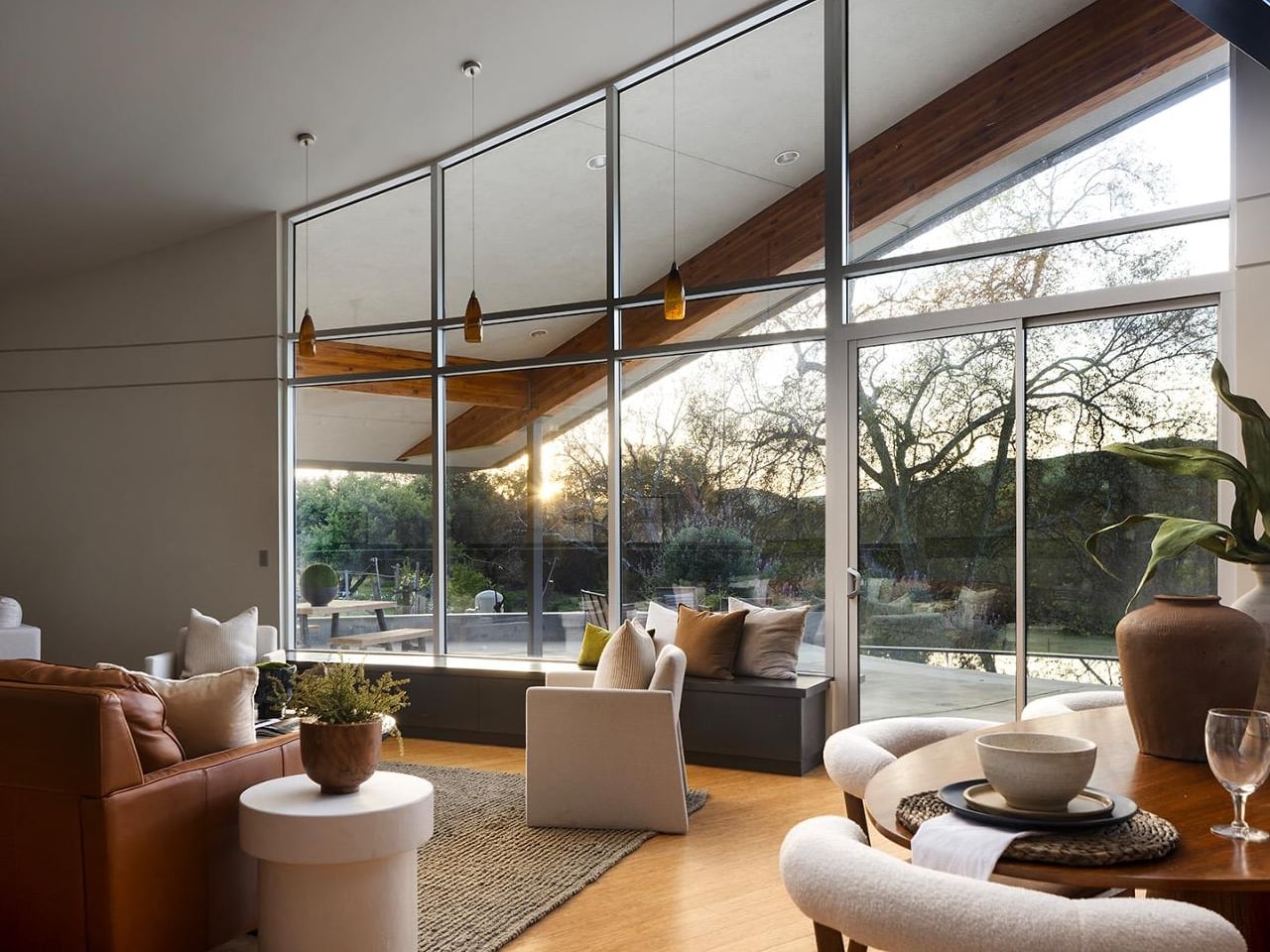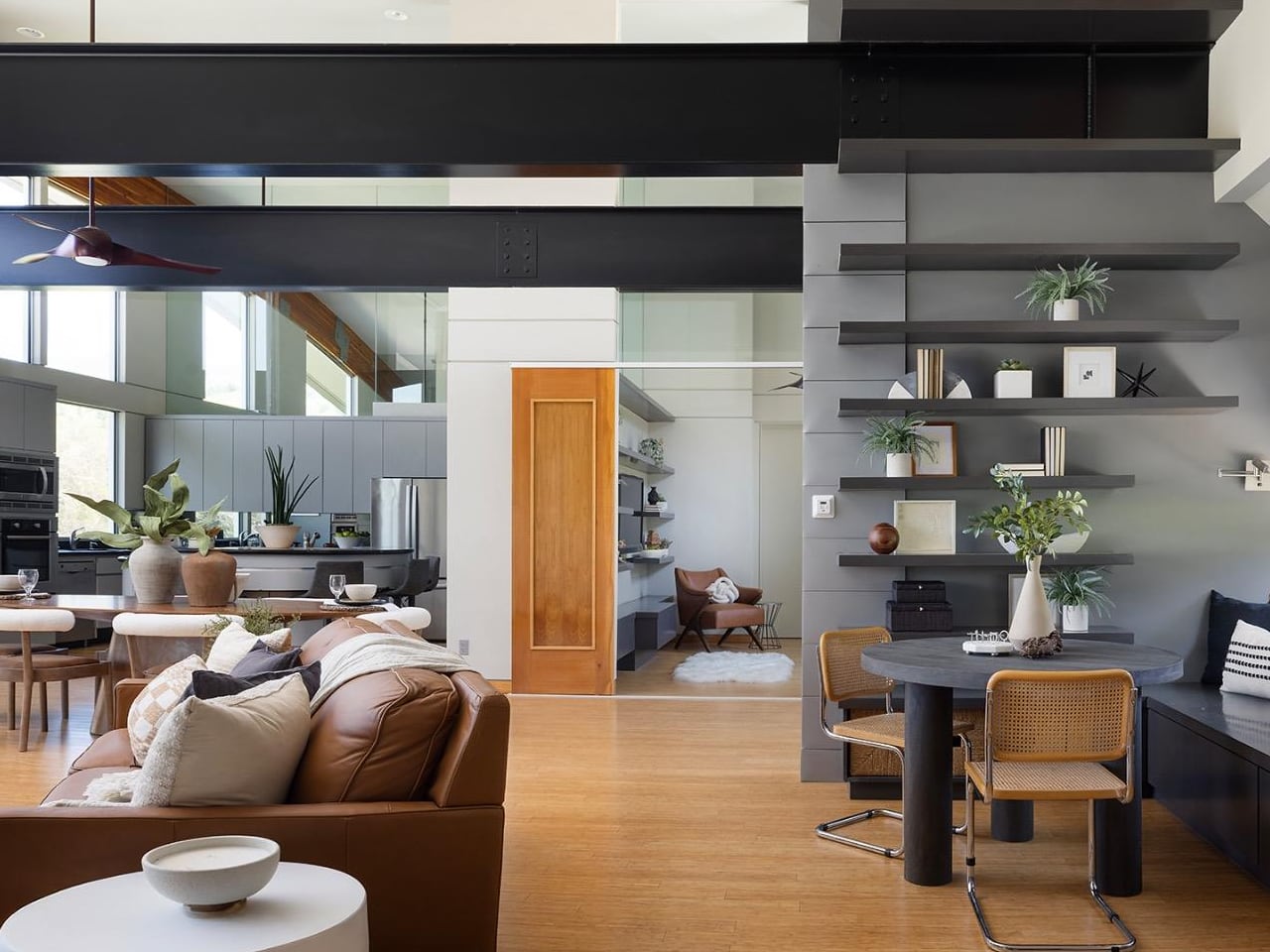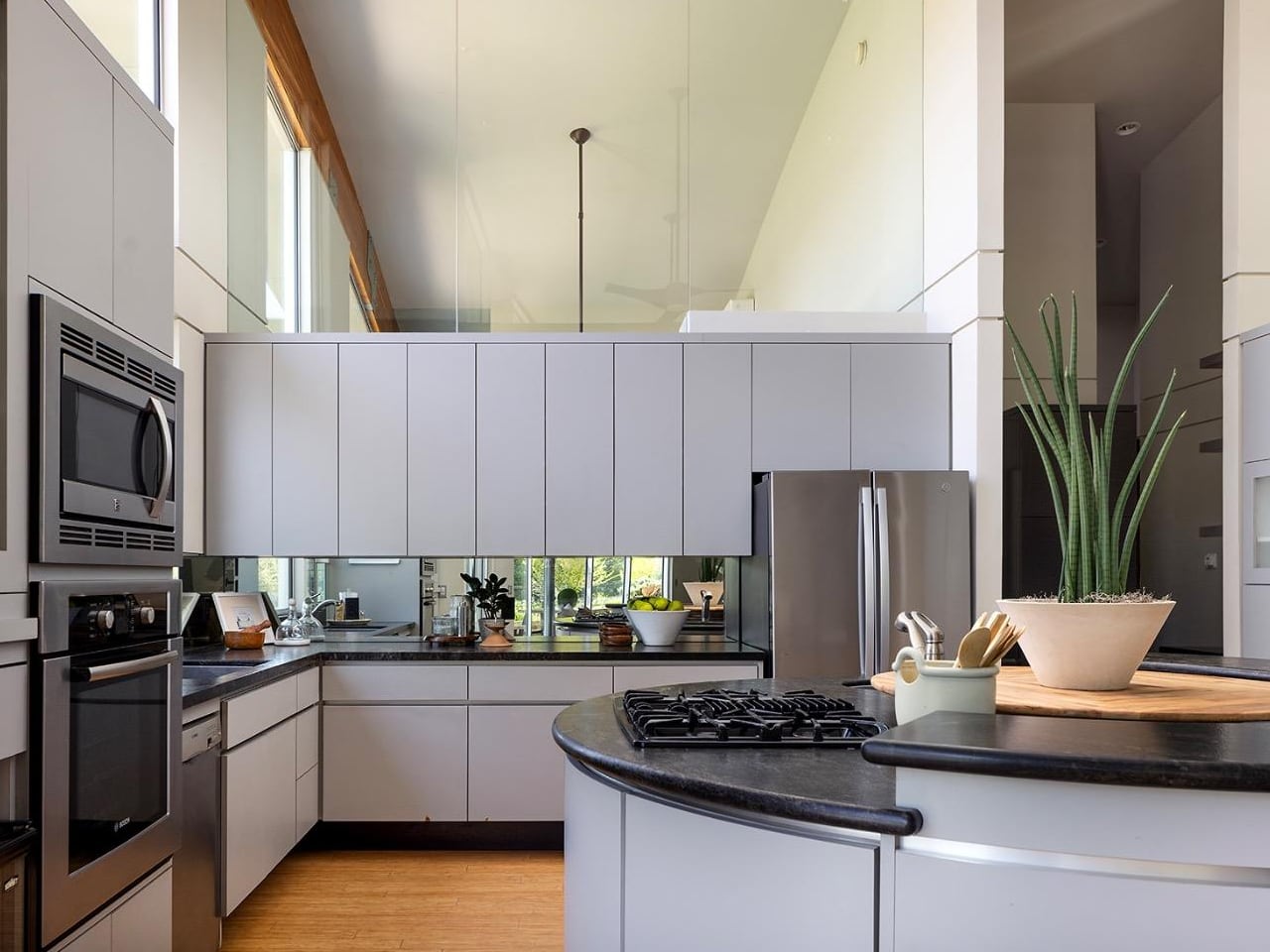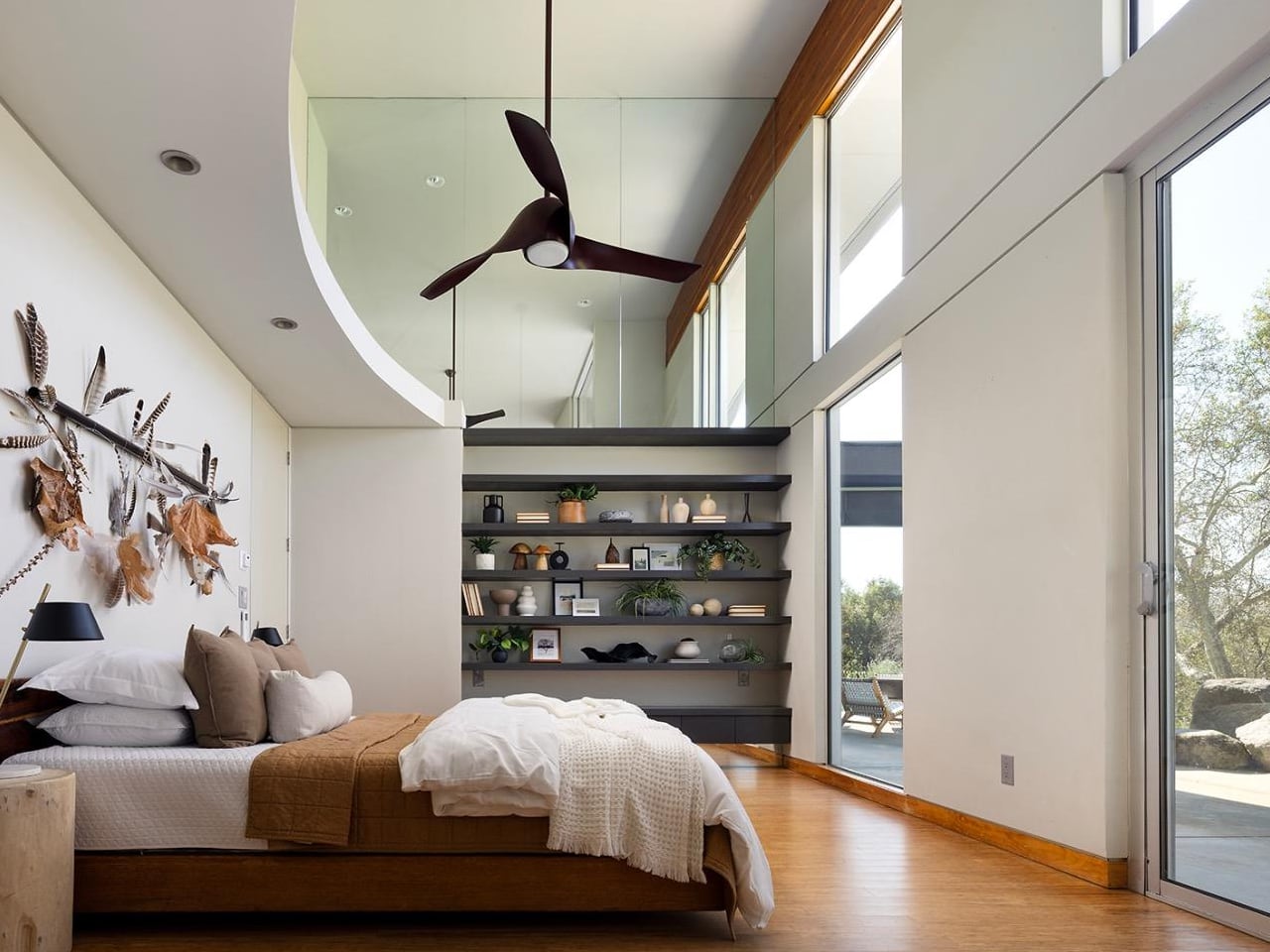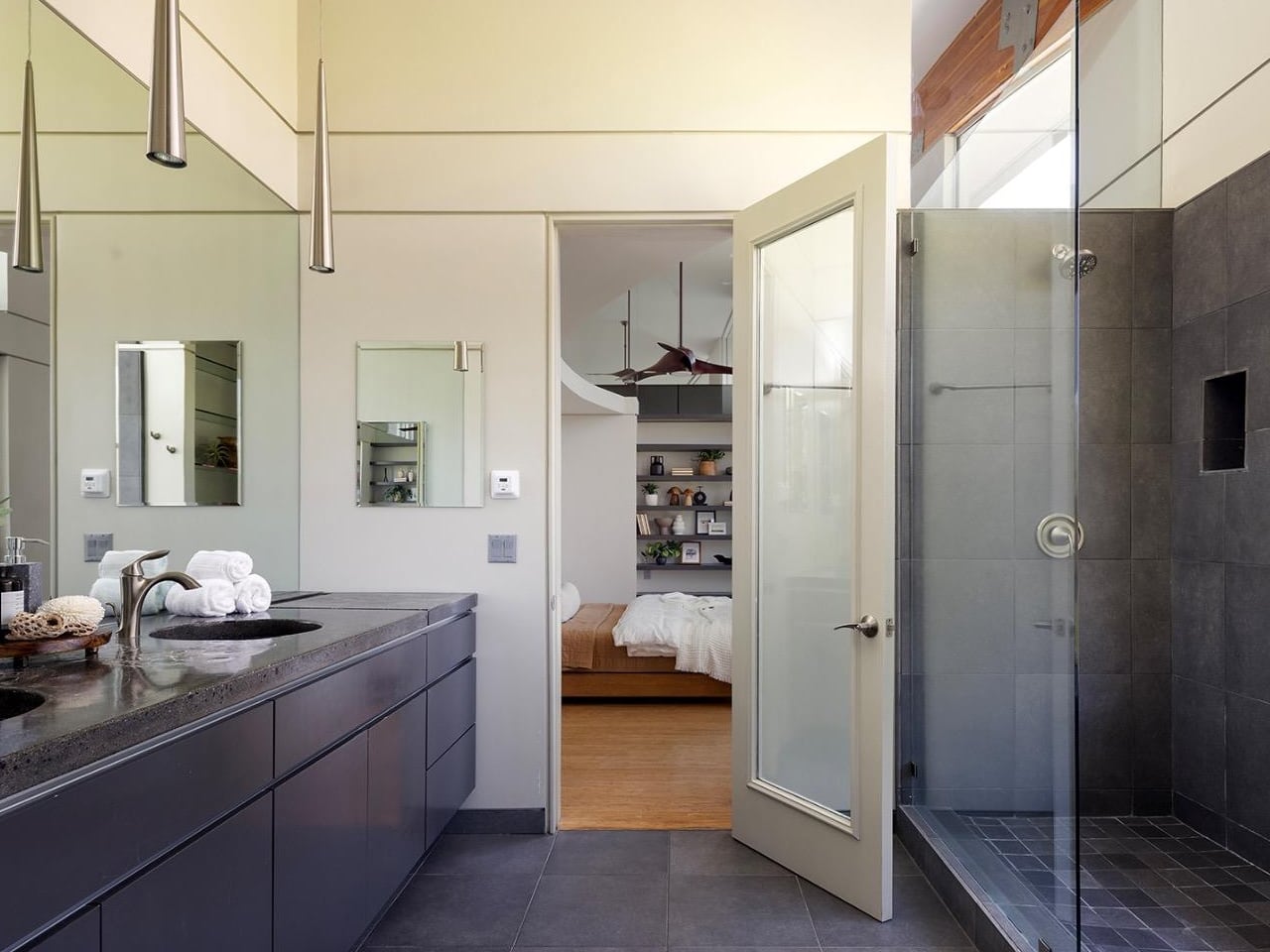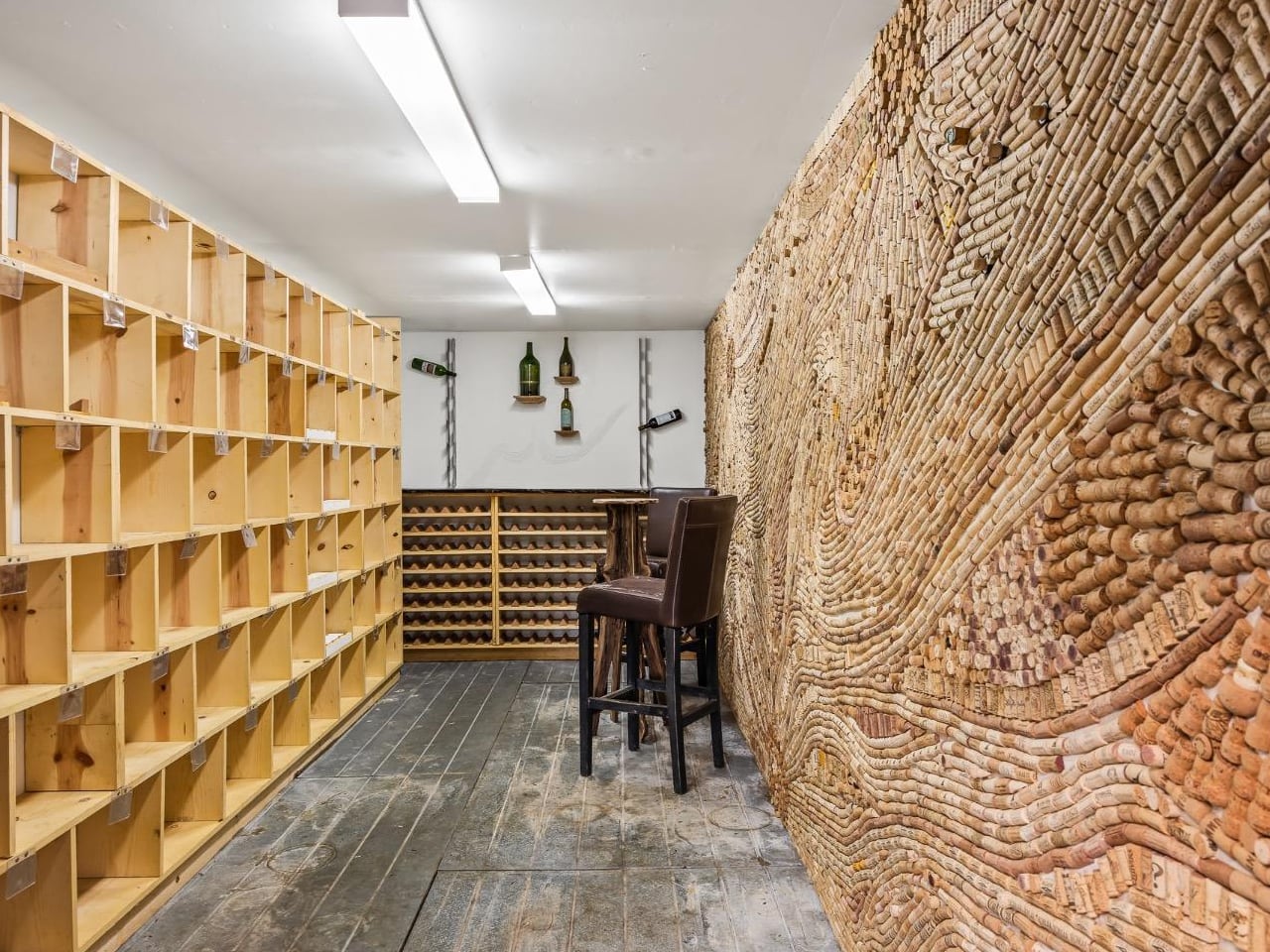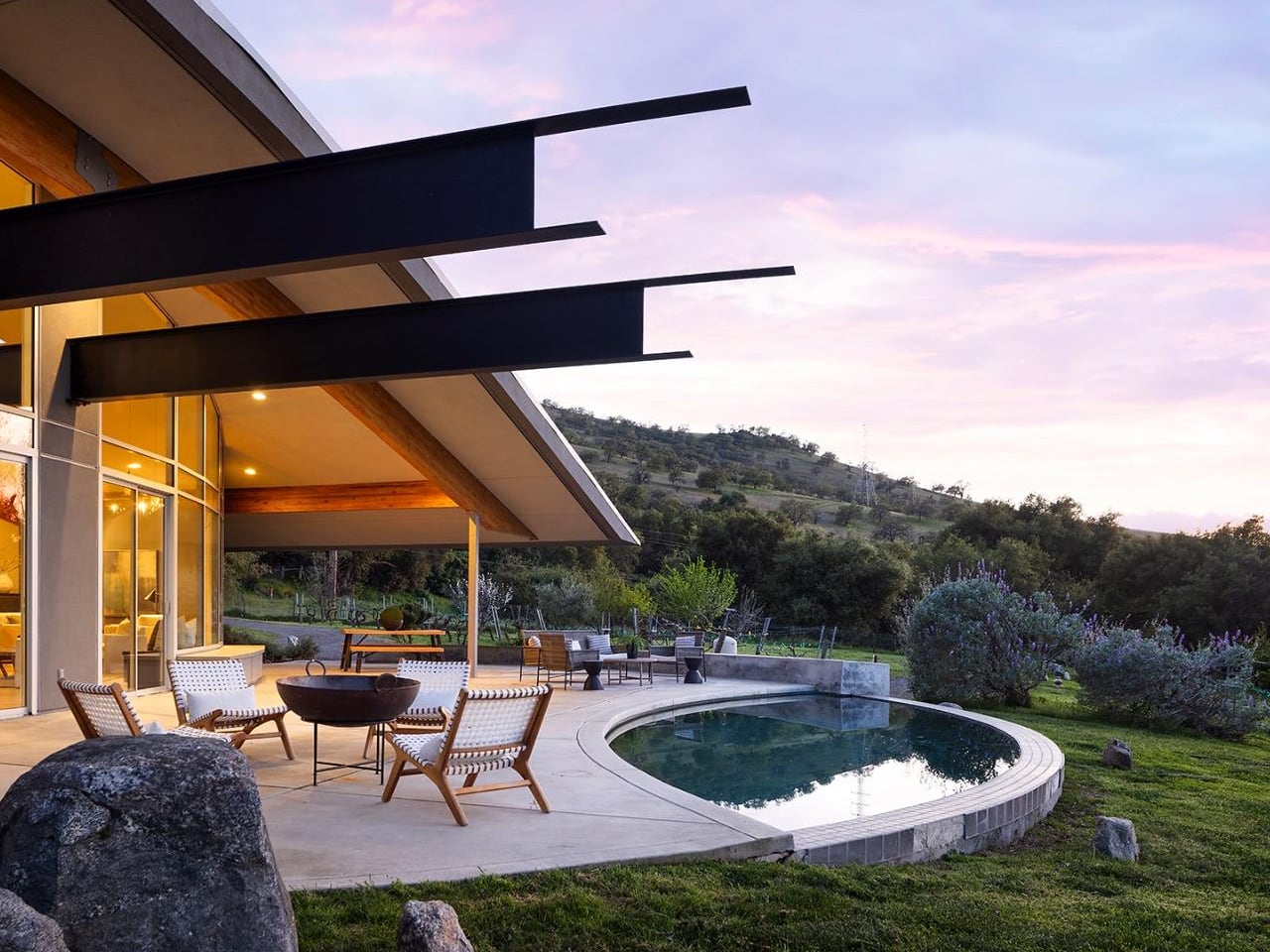The Lapp RiverHouse: Arthur Dyson’s Organic Masterwork Carved by River and Ridge
The Lapp RiverHouse: Arthur Dyson’s Organic Masterwork Carved by River and RidgeDeborah and Greg Lapp were floating down the Kings River when they saw it: a For Sale sign half-hidden behind the brush, perched right on...
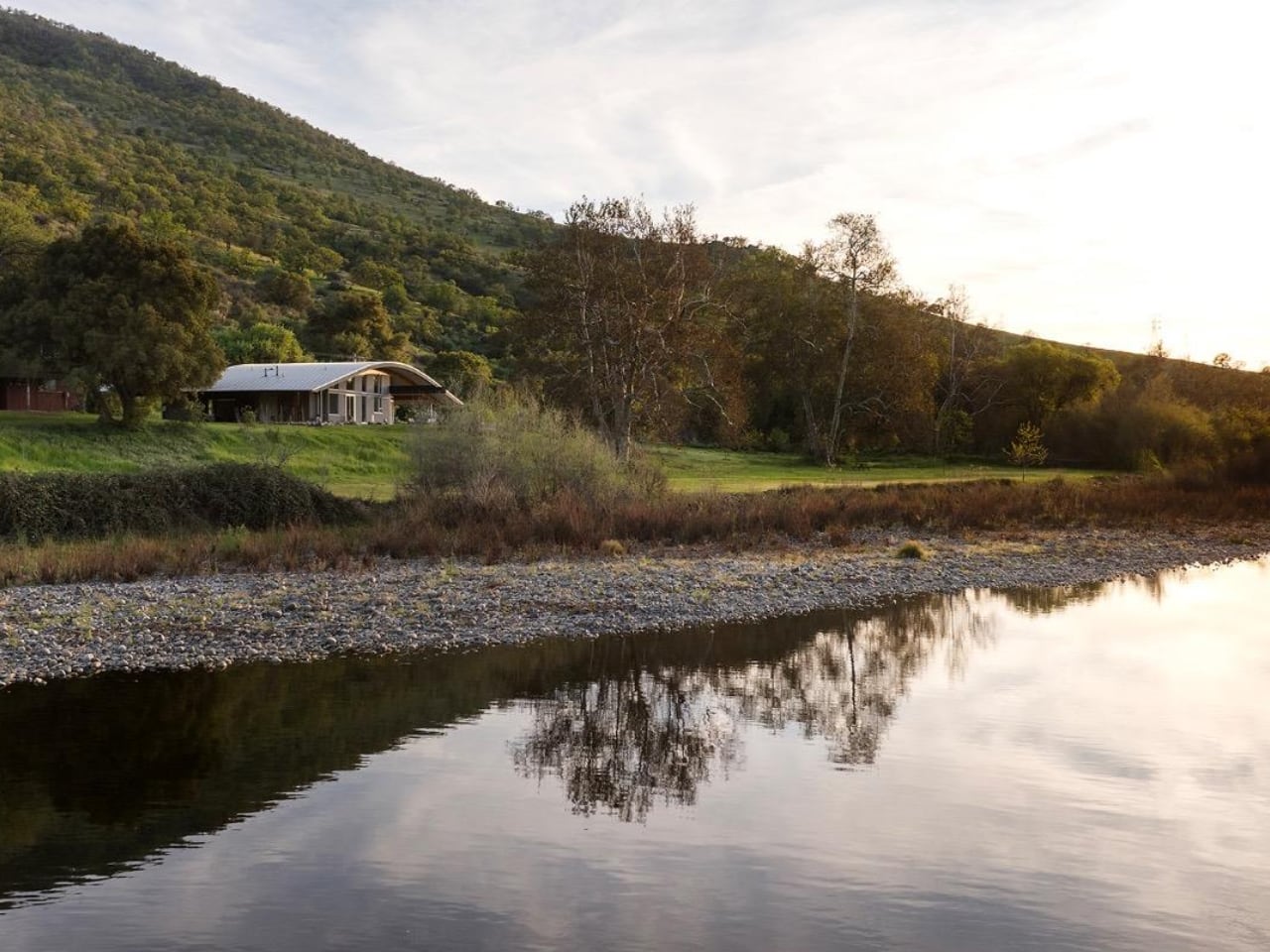

Deborah and Greg Lapp were floating down the Kings River when they saw it: a For Sale sign half-hidden behind the brush, perched right on the water. Still soaked from kayaking, they pulled ashore and made an offer that afternoon. The site—tucked into nearly nine acres of foothill terrain—spoke louder than any brochure. They already knew who to call: architect Arthur Dyson.
Some homes are built. This one was uncovered. Now listed at $2,300,000, the Lapp RiverHouse at 26210 Elwood Road is on the market—architect-designed, site-shaped, and available now. It won’t last.
Designer: Arthur Dyson
This was a return engagement. Dyson had designed Deborah’s first home decades earlier, a residence known as the Hobbit House. That project earned international recognition for its curving forms and rooted presence. With this new property, the Lapps brought fresh intentions to familiar hands. The result is the Lapp RiverHouse—a residence shaped by slope, light, and long memory.
Exterior Architecture: Where Mass Meets Movement
From the first glimpse, the house appears to emerge from the site rather than sit on it. The curved roofline rises from the ground, clad in standing-seam metal that catches shifts in daylight. Oversized steel beams extend beyond the envelope, forming horizontal elements that provide shading and structural support. These dark fins modulate sunlight and punctuate the visual rhythm of the roof.
Primary materials include stucco, cedar, and steel. Their combined tonality matches the site’s muted palette. The exterior reads with quiet weight. Curved forms soften transitions between vertical and horizontal surfaces. There’s no abrupt shift between structure and land.
A rounded pool traces the home’s outer arc. Water reflects the sky and forms in tandem with it. Concrete slabs form the patio and seating areas, wide enough for function, spare enough to let the landscape remain the focal point. There are no fences or hard enclosures along the edge—only topography and natural grade.
The landscaping features drought-tolerant California natives, including grasses, succulents, and strategically placed boulders that complement the terrain. These choices reinforce the home’s responsiveness to its environmental setting.
Interior Volumes: High Glass, Low Ego
The entry opens into a long, lifting volume. Light moves without obstruction. The roof continues its arc indoors, uninterrupted by dropped soffits or excessive framing.
Glass walls dominate the southern face. Floor-to-ceiling panels run the length of the common areas. Corners meet cleanly, supported by slender frames. Natural views anchor the space. Mullions are minimized to create a floating effect. Above, clerestory windows distribute ambient light throughout the day.
Built-in benches stretch along the base of the windows. These aren’t afterthoughts; they serve as transitions between the interior floor and the exterior view. In the living room, neutral-toned furniture keeps visual emphasis on the outside. Upholstery and finishes remain within a consistent palette: rust, clay, pale ash, and natural oak.
The ceiling geometry slopes asymmetrically, creating a directional pull that balances acoustic performance and spatial drama. Wood soffits appear to absorb sound and soften visual echo.
Kitchen and Dining: Function Drawn in Curve
The kitchen is designed to follow the house’s geometry. Cabinetry curves along the outer wall. There are no breaks in the circulation path. The island holds center with a round footprint. Materials include matte-finish stone and integrated fixtures. There are no high-gloss finishes or heavy ornamentation.
Overhead, clerestory windows and mirrored backsplash reflect ambient light across the preparation area. Storage remains concealed behind flat-panel fronts. The adjacent dining nook includes a built-in banquette. This continuity reinforces the spatial intent—rooms are drawn, not inserted.
Fixtures and appliances are embedded into the cabinetry, preserving uninterrupted surfaces. No visible handles or external panels distract from the form.
Private Quarters and the Quiet Details
Bedrooms follow the slope of the roof, continuing the home’s rhythm. Ceiling fans trace a low arc above. One wall features full-height shelving. Lighting is indirect, with accent fixtures placed for function.
Bathrooms use large-format slate tile. A full-height window in the primary bath looks out at filtered trees. Clerestories allow additional light without compromising enclosure. Fixtures are matte and functional. The room opens wide without theatrical gestures.
The laundry room includes full-height glazing and generous counter space. Every functional zone offers access to daylight and views. Utility isn’t confined; it’s integrated.
Flooring across private and shared spaces appears to be polished concrete or limestone, chosen for thermal mass and minimal reflectivity. Thresholds are flush, and transitions are seamless.
Wine Room: Sculpture in a Shipping Container
A separate structure behind the home contains a wine cellar, built into a converted shipping container. One wall is surfaced in cork, arranged into a sweeping relief pattern. The visual texture mimics the appearance of erosion or windblown sediment.
Shelving is made of raw wood and steel brackets. A narrow bar anchors the space, with two chairs set for quiet tasting. No artificial lighting schemes or ostentatious displays. The materiality carries the mood.
The space is thermally contained with minimal glazing, relying on insulation and passive airflow to regulate temperature.
Site, Performance, and Purpose
Cross ventilation is achieved by placing operable windows along prevailing wind paths. Roof overhangs block high summer sun while admitting low winter light. These strategies are part of the structure itself. There are no overlays or aftermarket additions.
The roof system reflects solar load while maintaining a low visual profile. No dormers interrupt the massing. Drive access follows the site’s natural contours, leading through oaks and native vegetation.
The lighting strategy avoids the use of spotlights or pendants. Most fixtures are recessed or integrated into reveals. LED strips provide ambient glow rather than directional glare.
This house invites a pause without performance. Each room opens toward calm. Every surface respects its place. There are no declarations. Just presence, and the kind of design that reveals itself slowly, over seasons, through shadows, and in silence.
Inquire now to experience the Lapp RiverHouse at 26210 Elwood Road, listed at $2,300,000—before it’s gone.
The post The Lapp RiverHouse: Arthur Dyson’s Organic Masterwork Carved by River and Ridge first appeared on Yanko Design.




























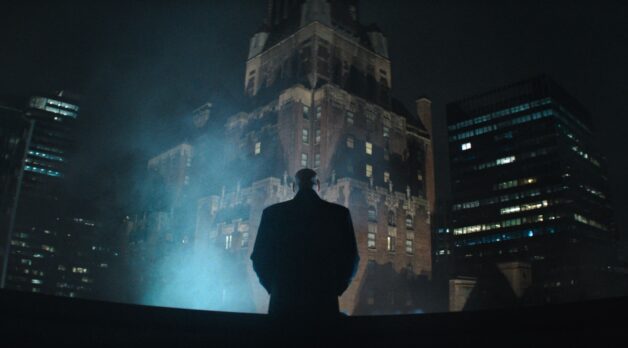























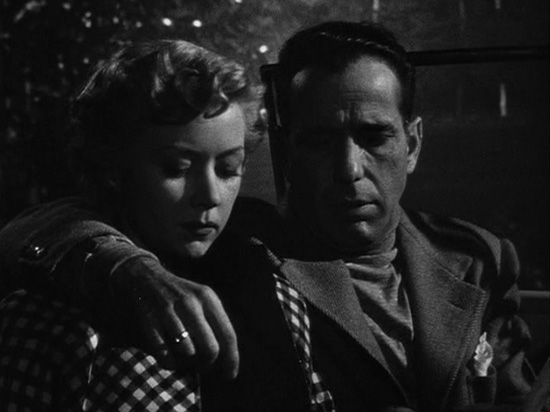
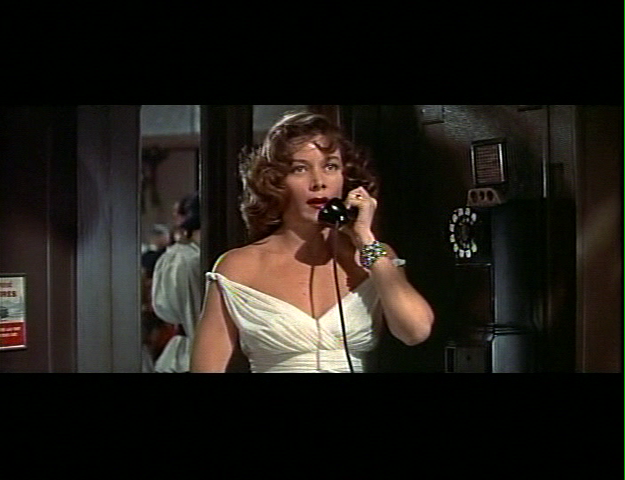
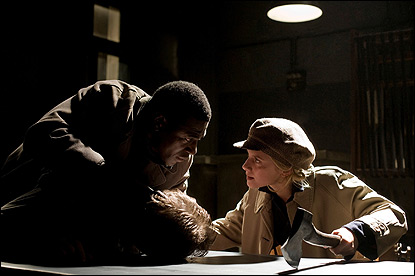





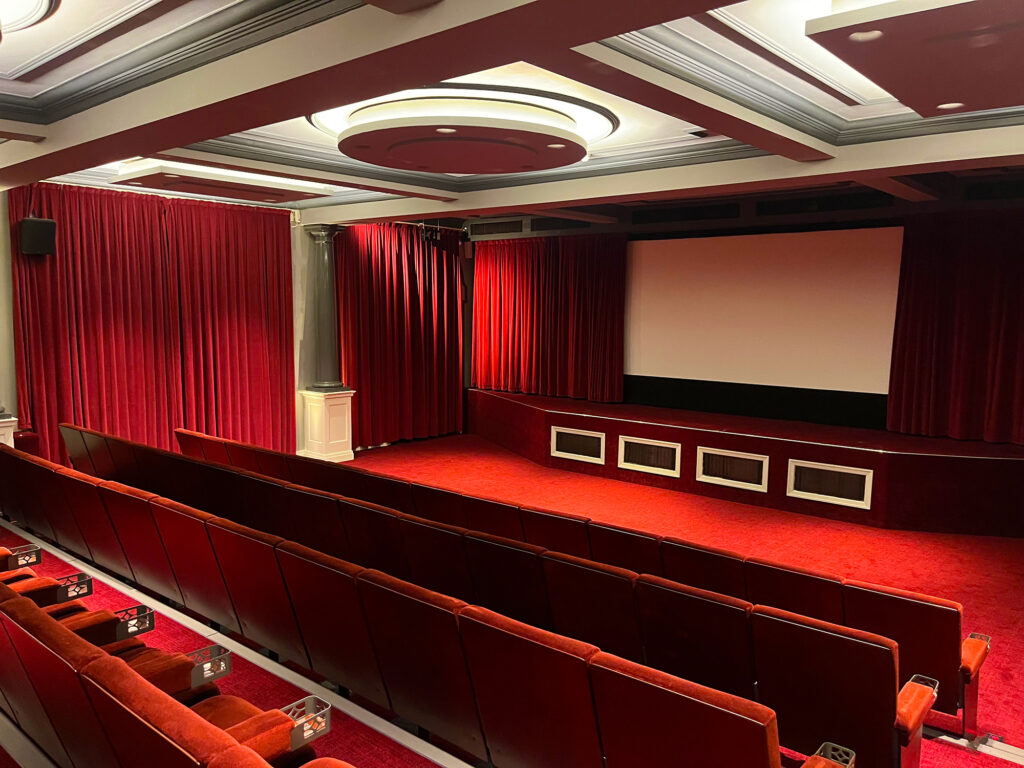




















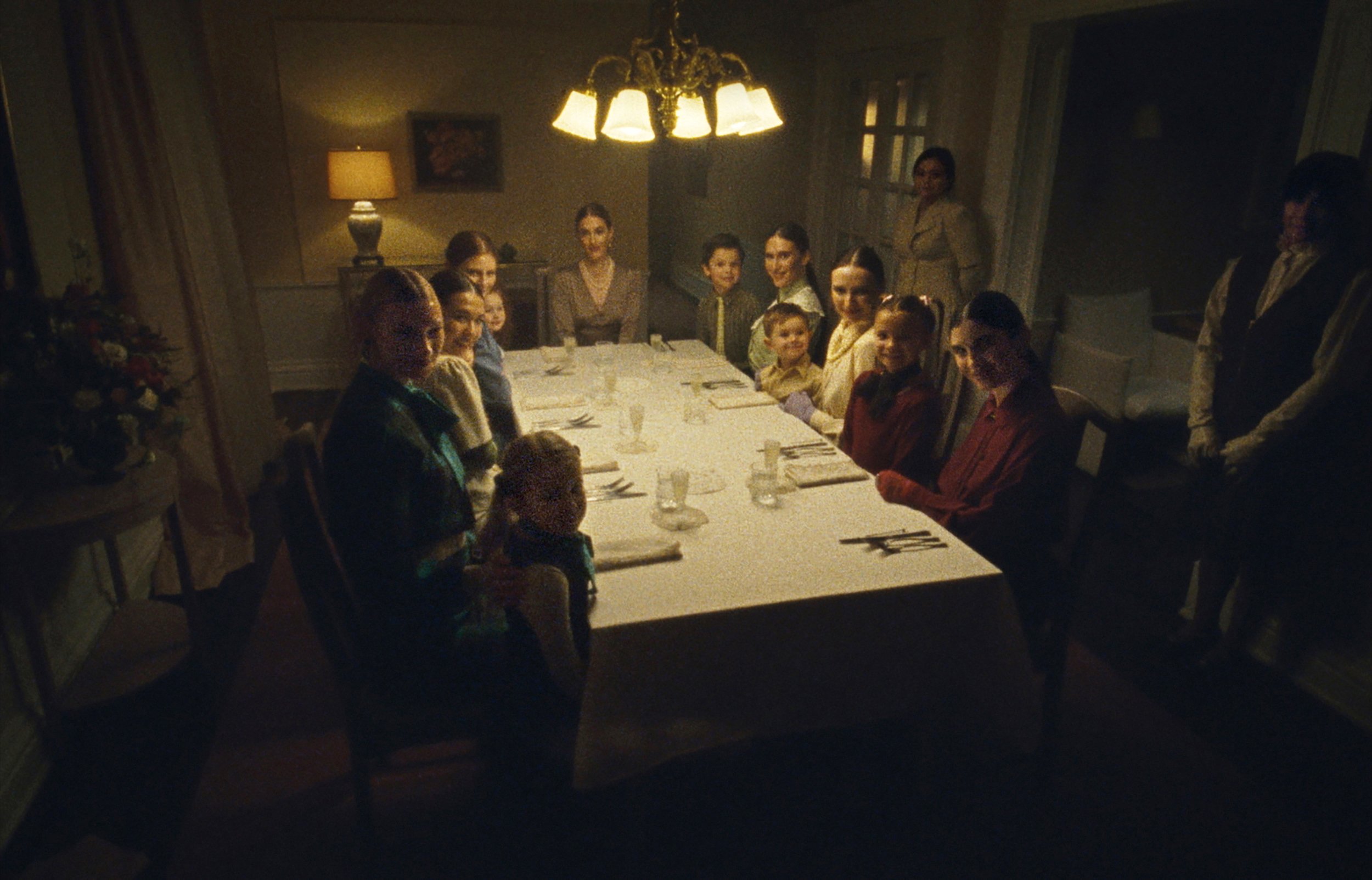
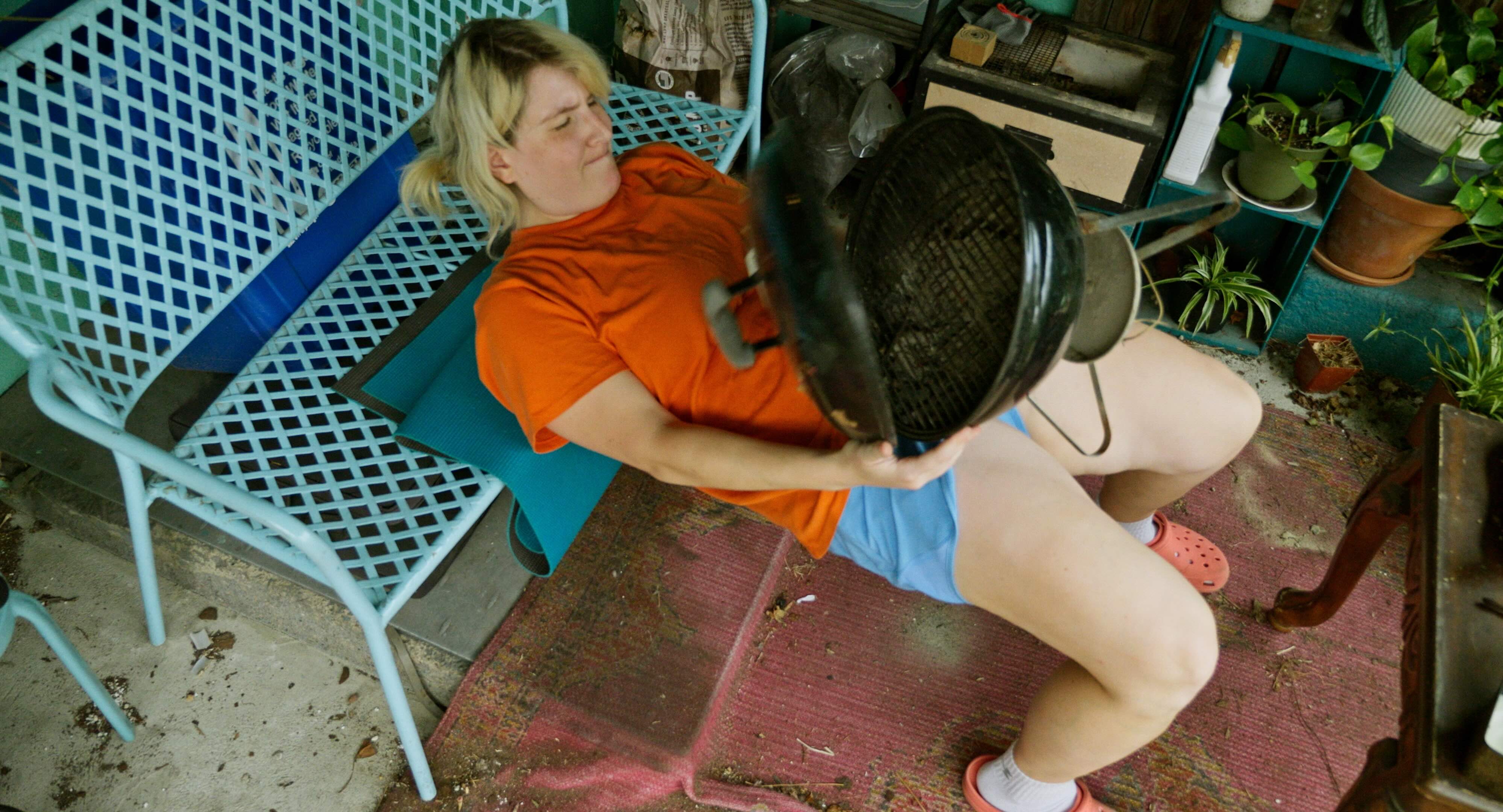






























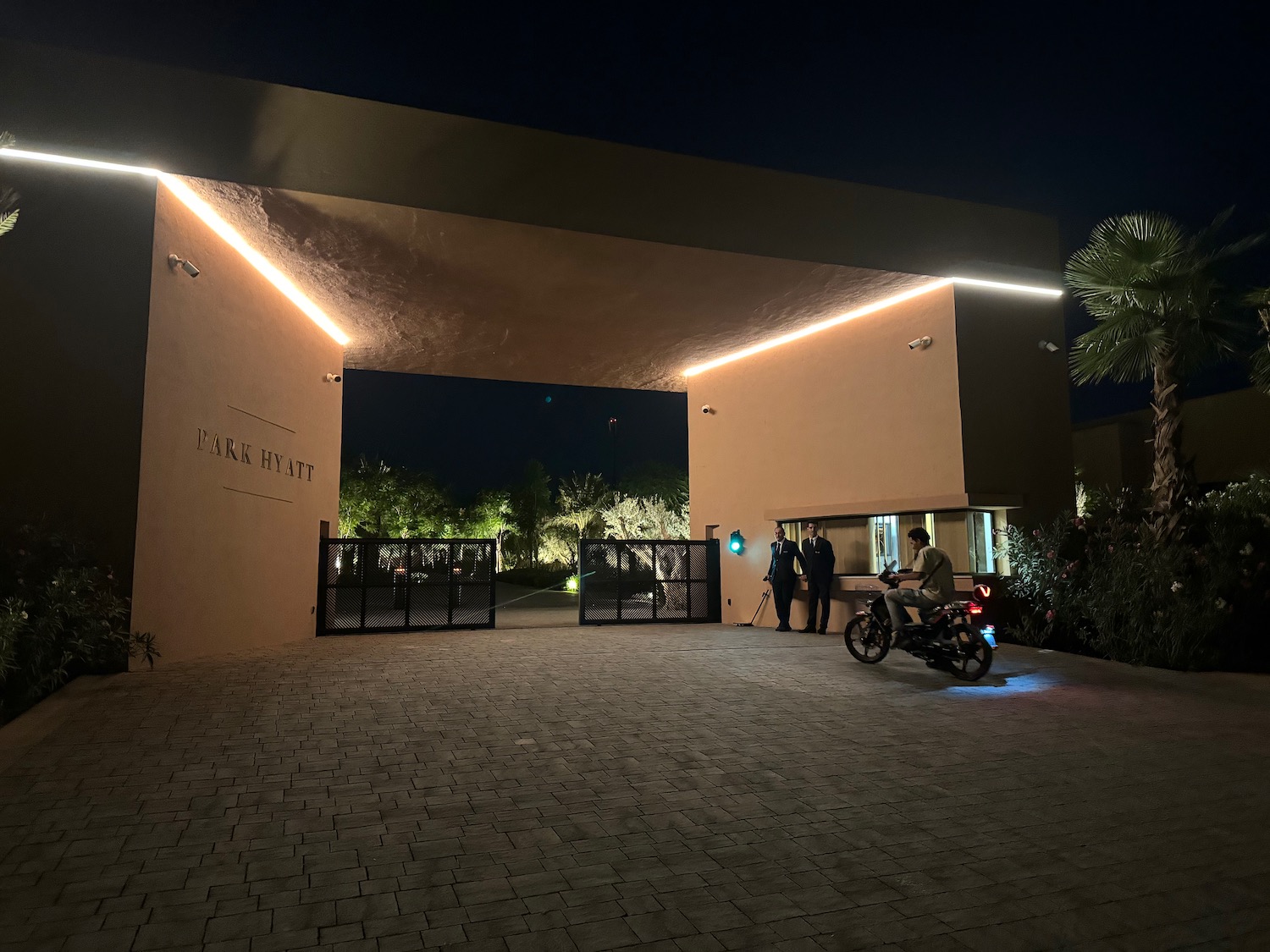




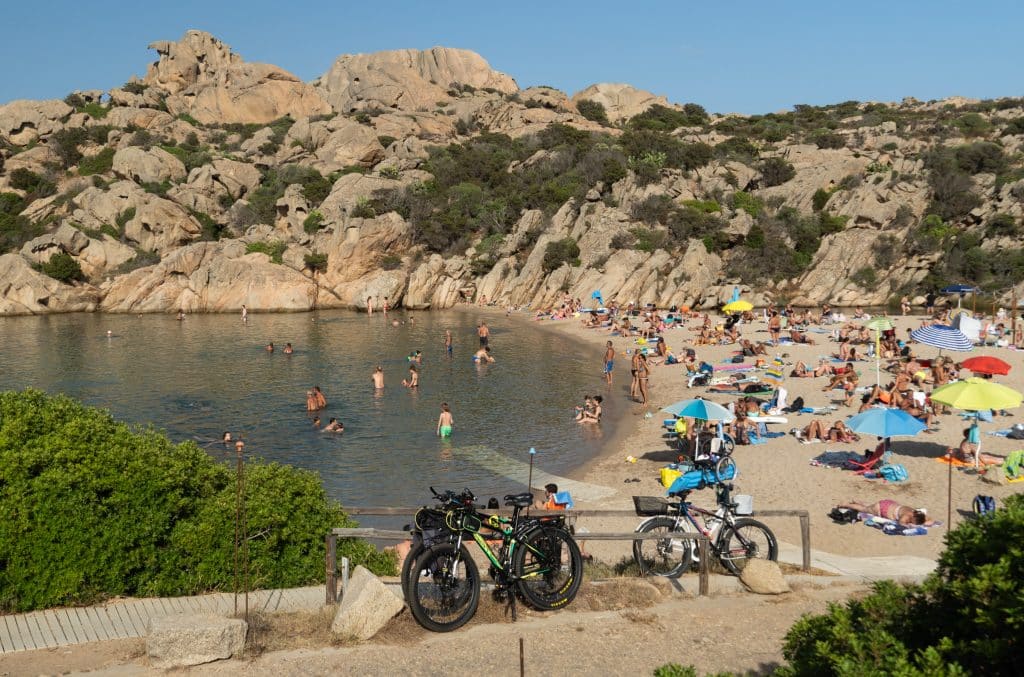







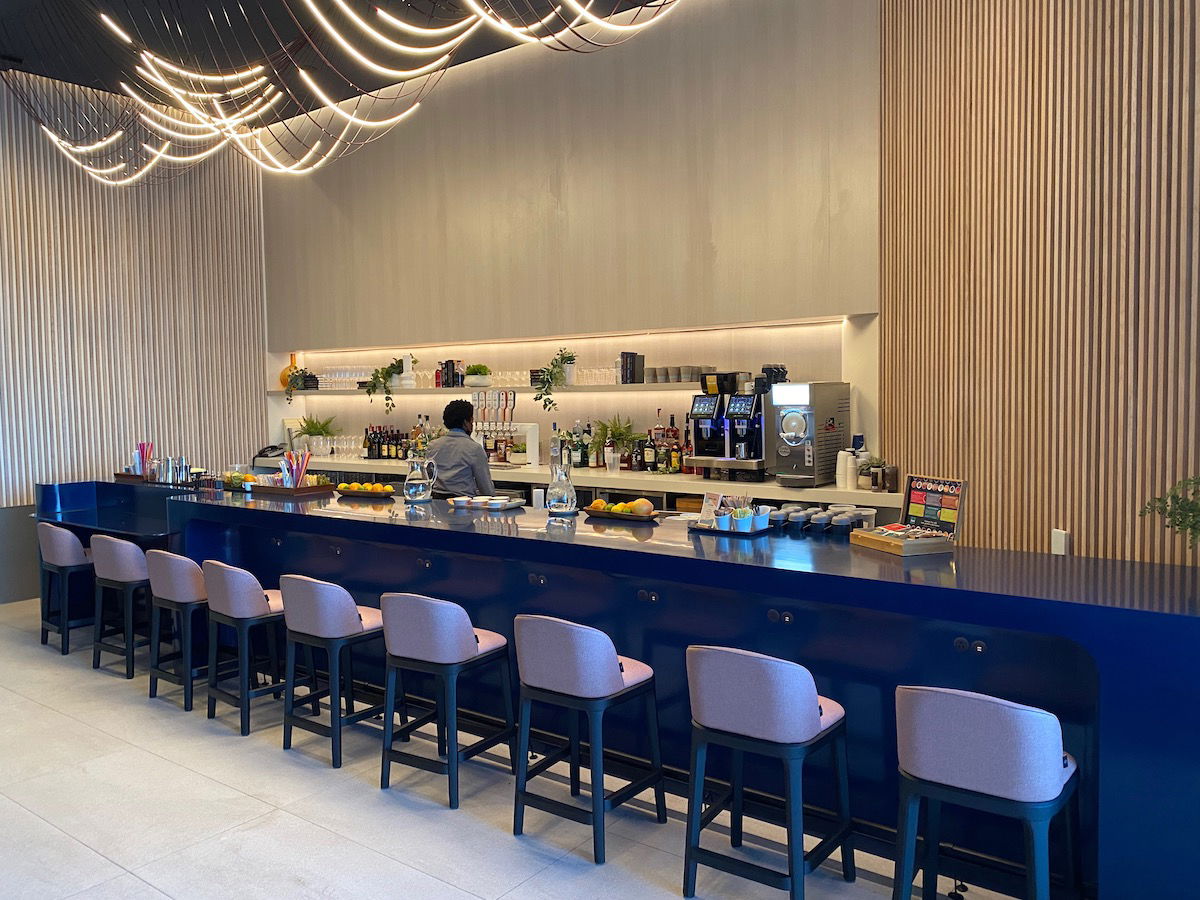














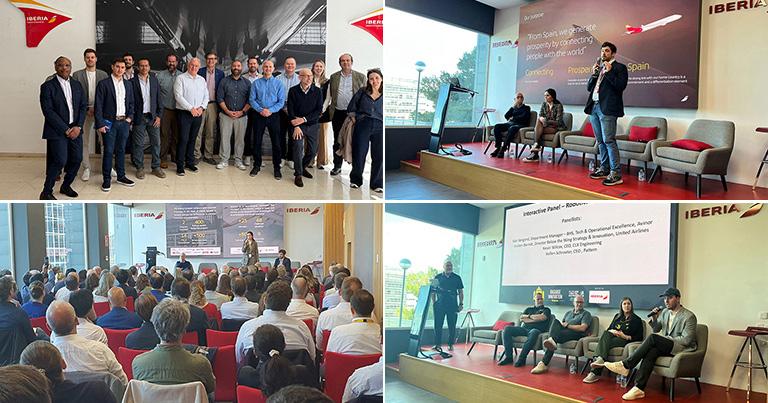


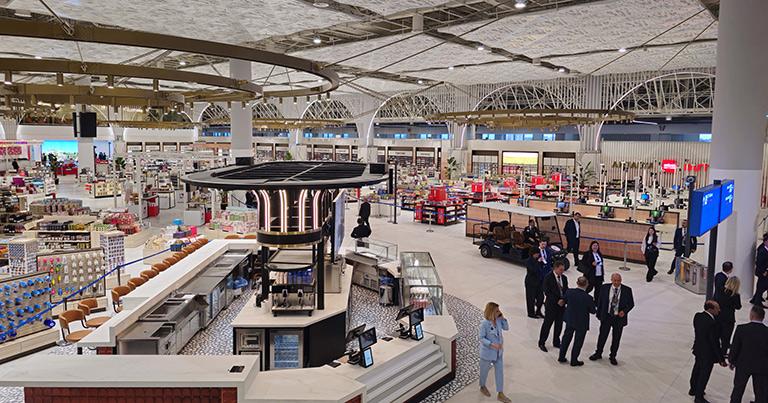







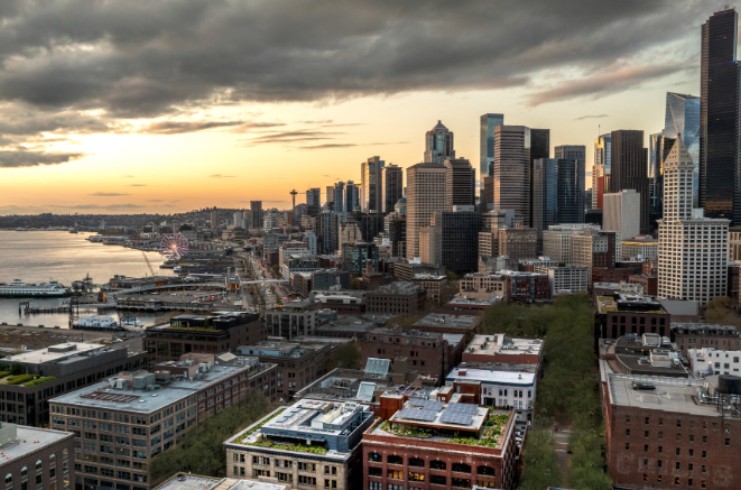












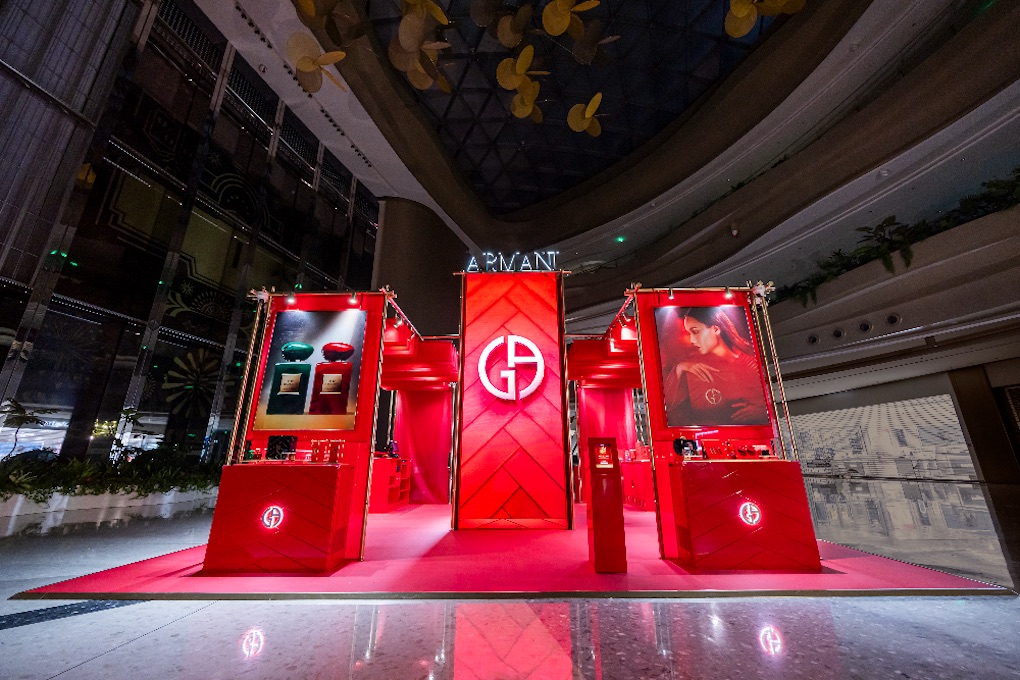


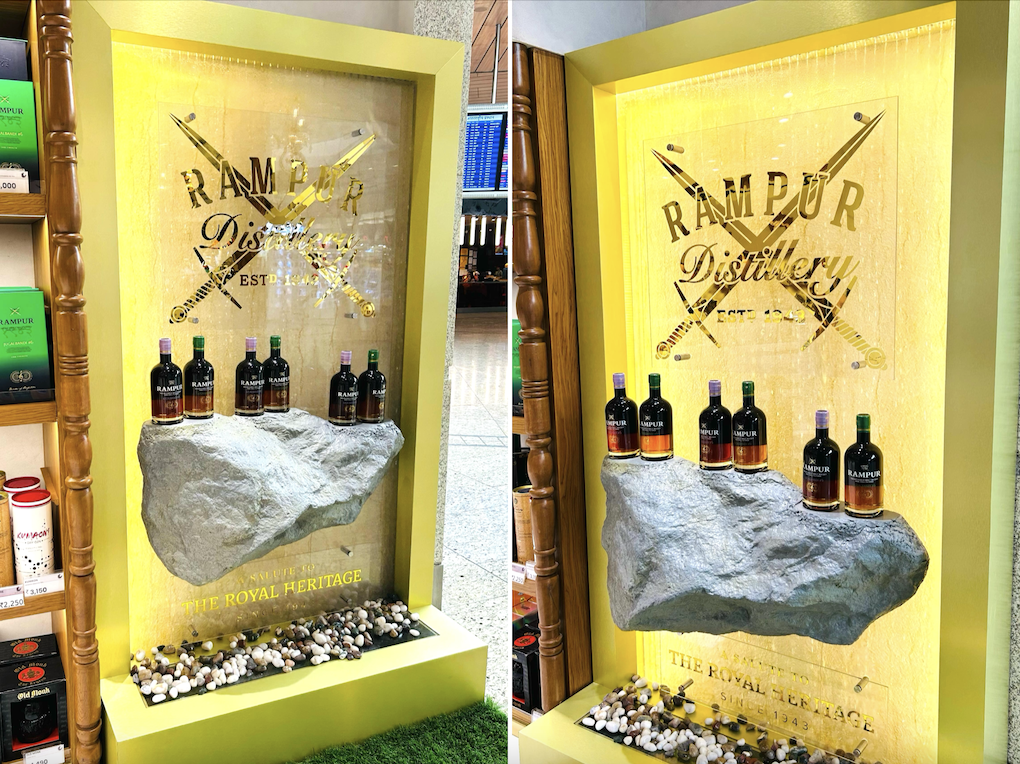












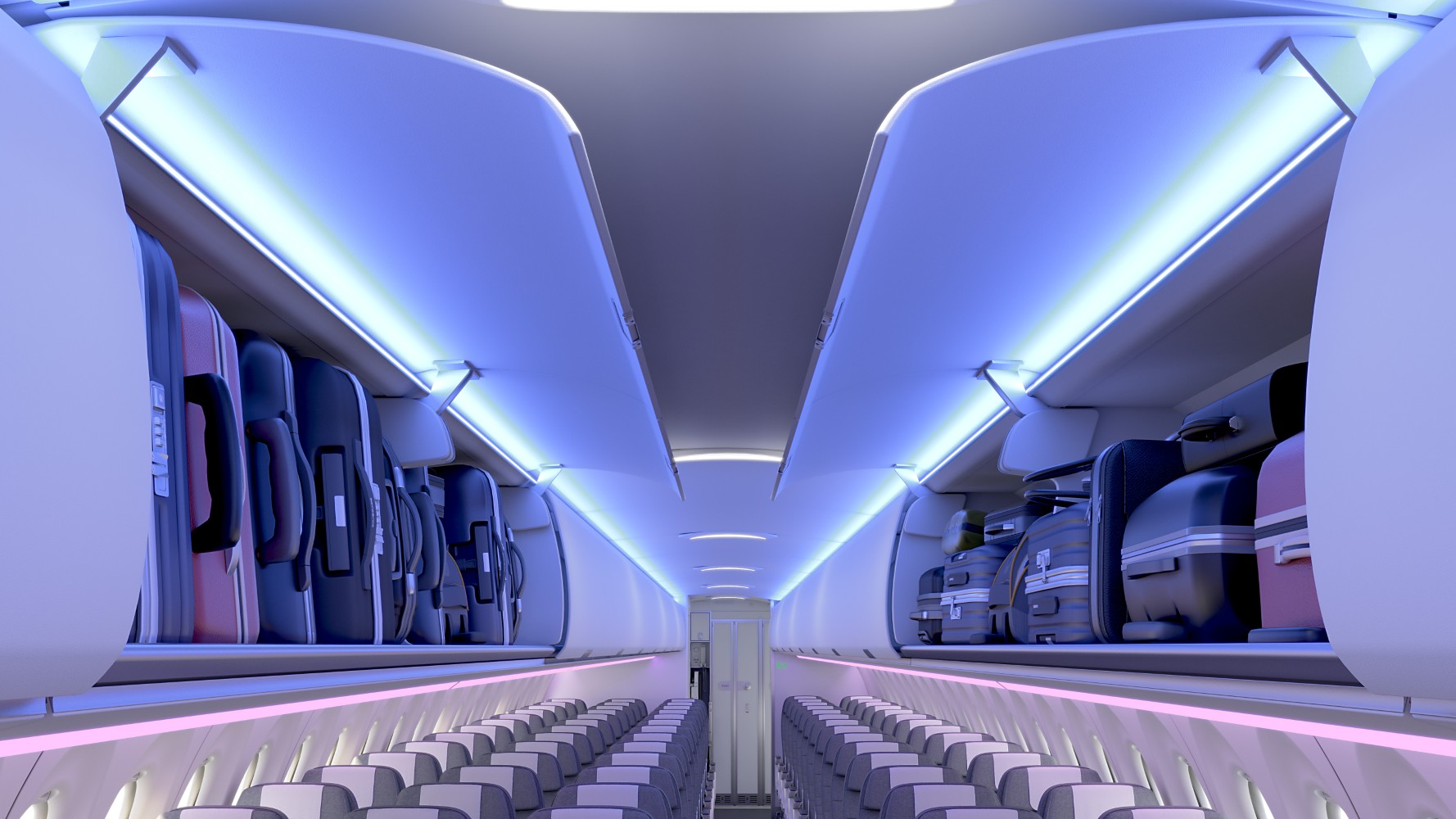










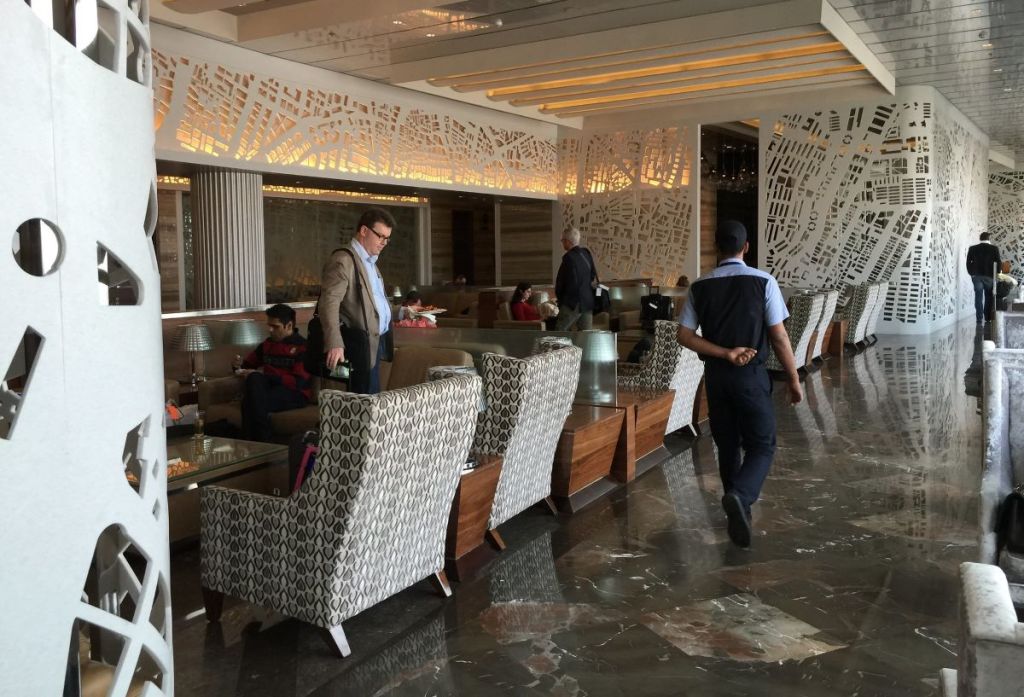





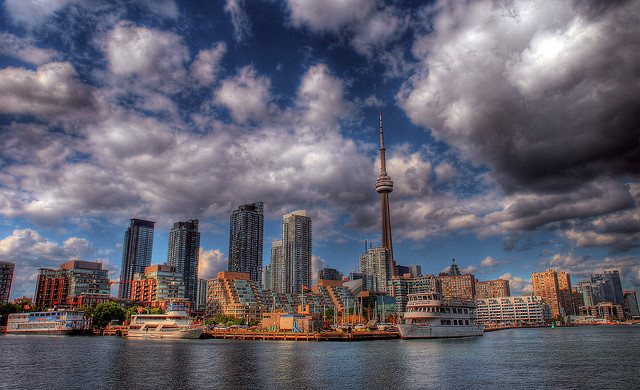
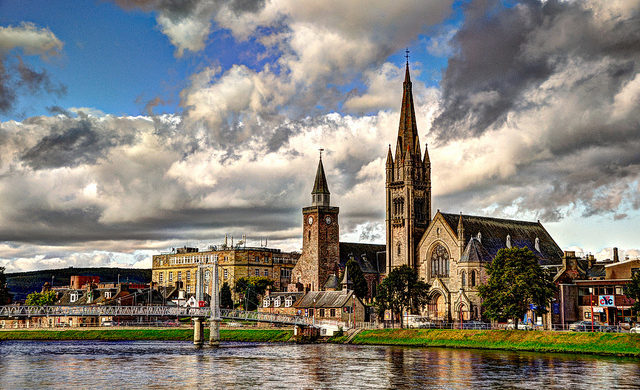

















![It’s Unfair to Pay 100% for 50% of a Seat—Why Airlines Must Start Refunding Customers When They Fail To Deliver [Roundup]](https://viewfromthewing.com/wp-content/uploads/2025/04/broken-american-airlines-seat.jpeg?#)

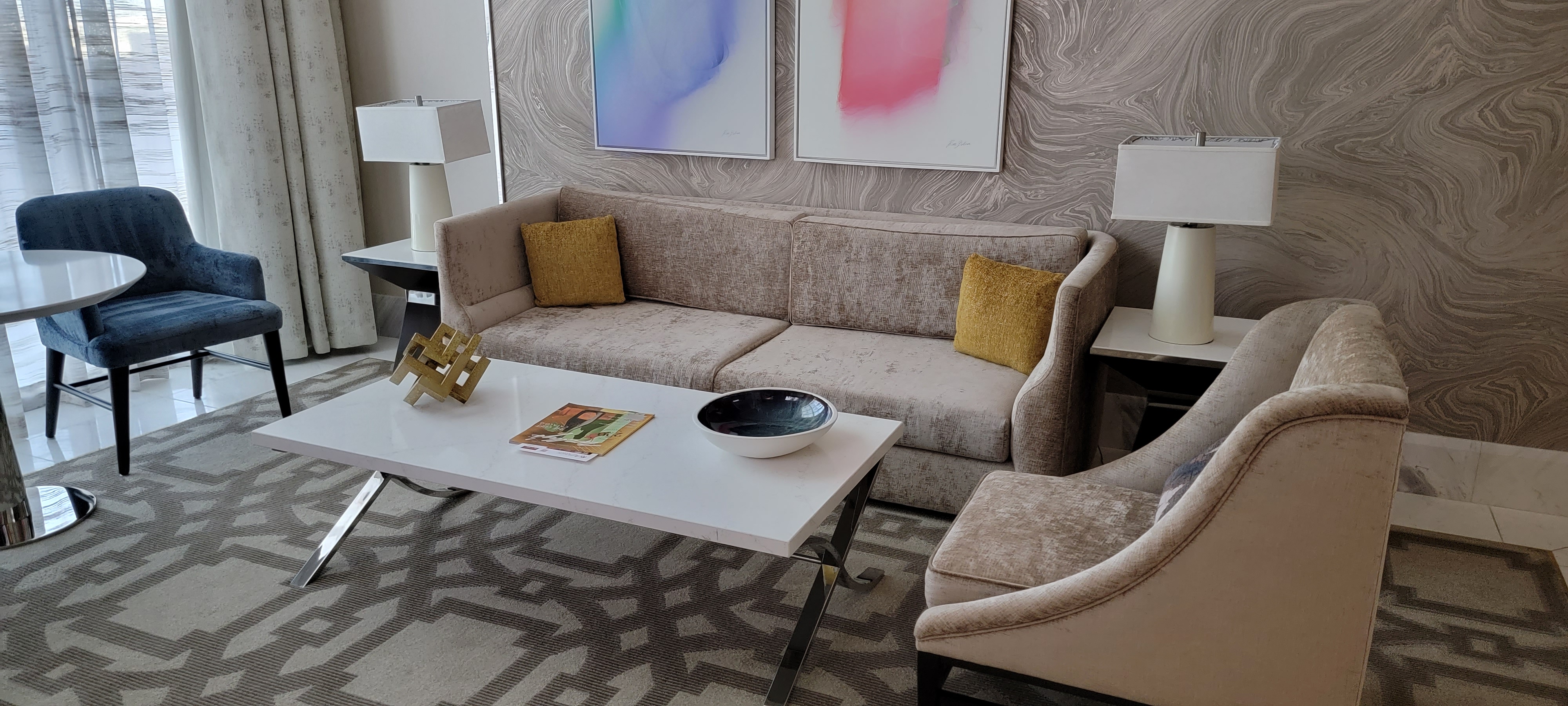





















































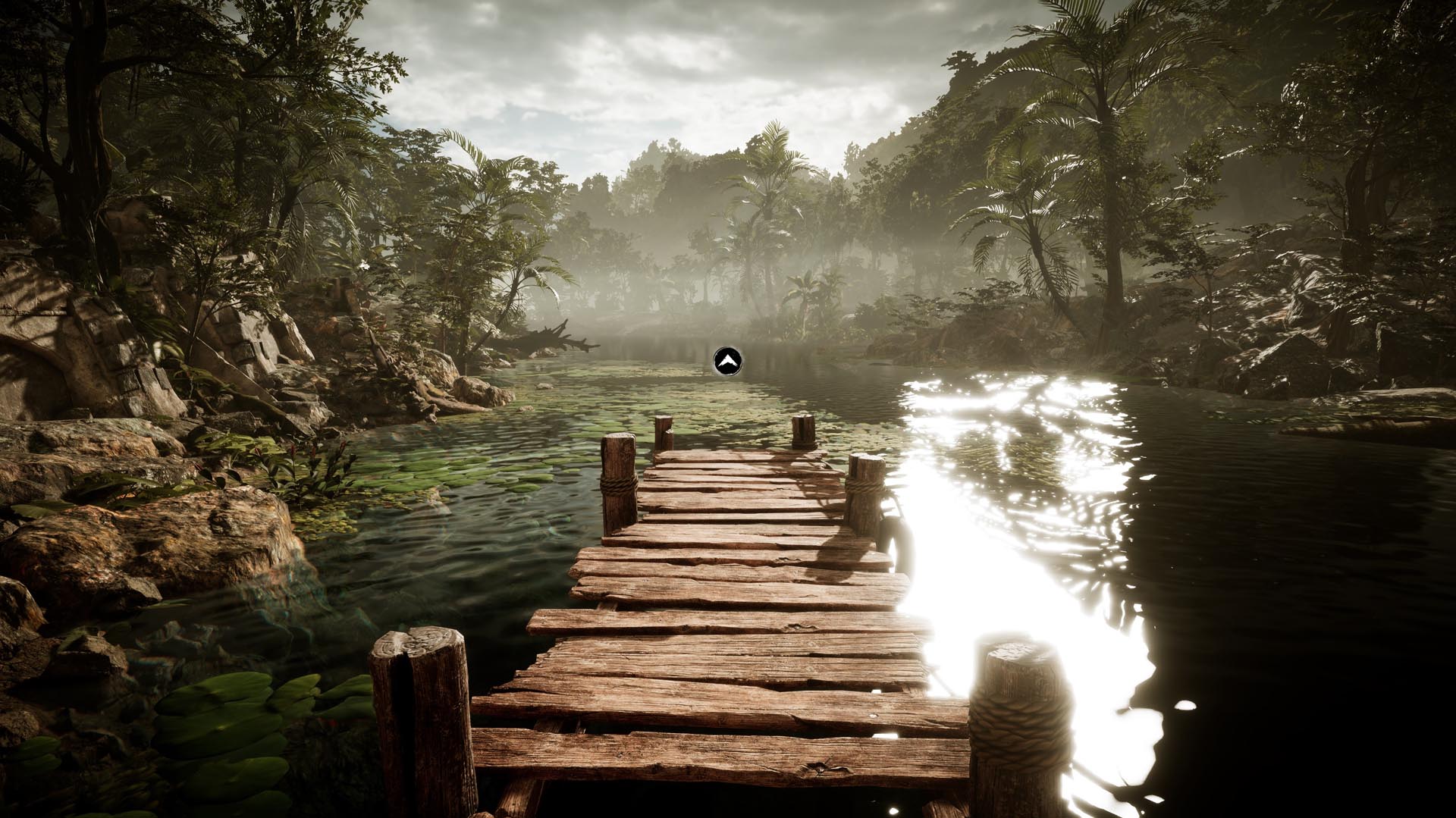




























































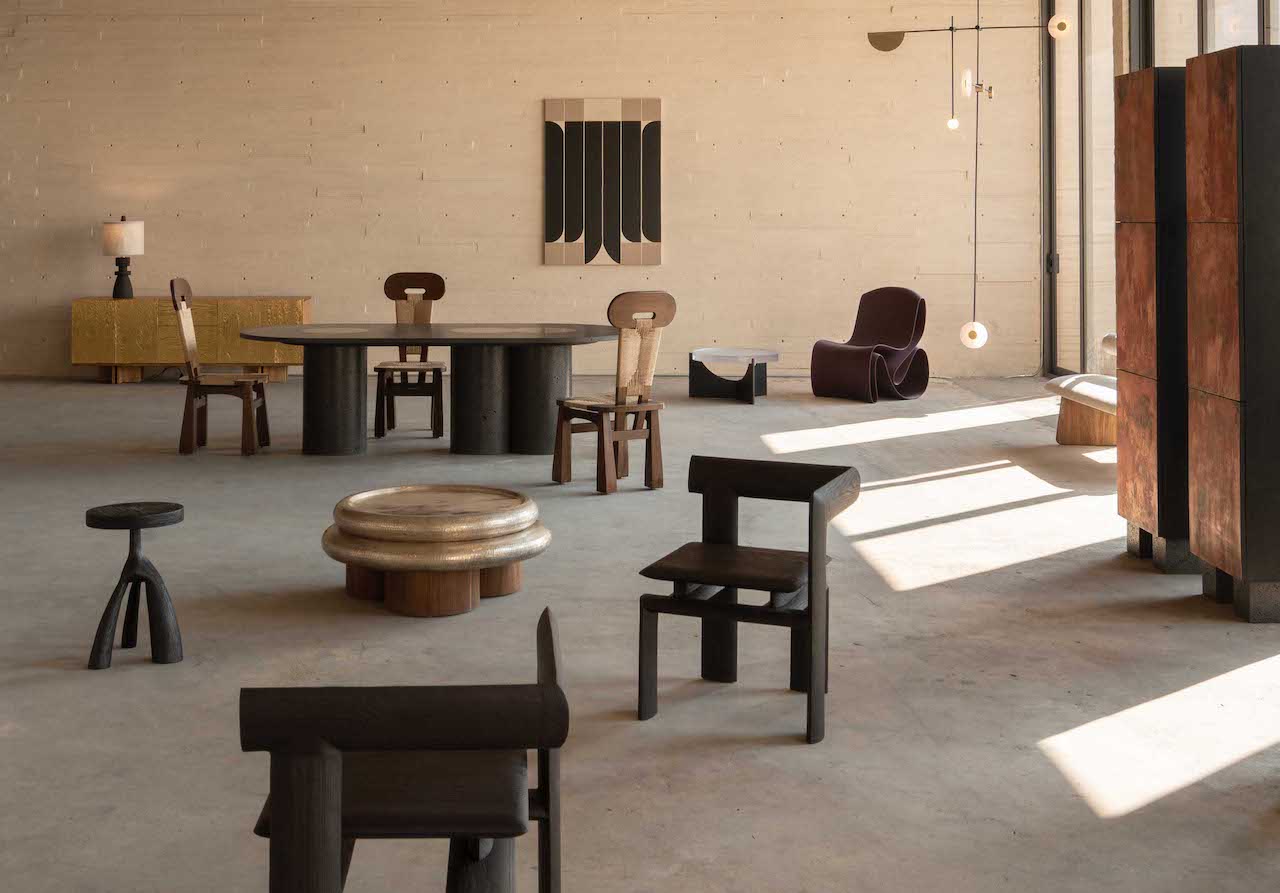
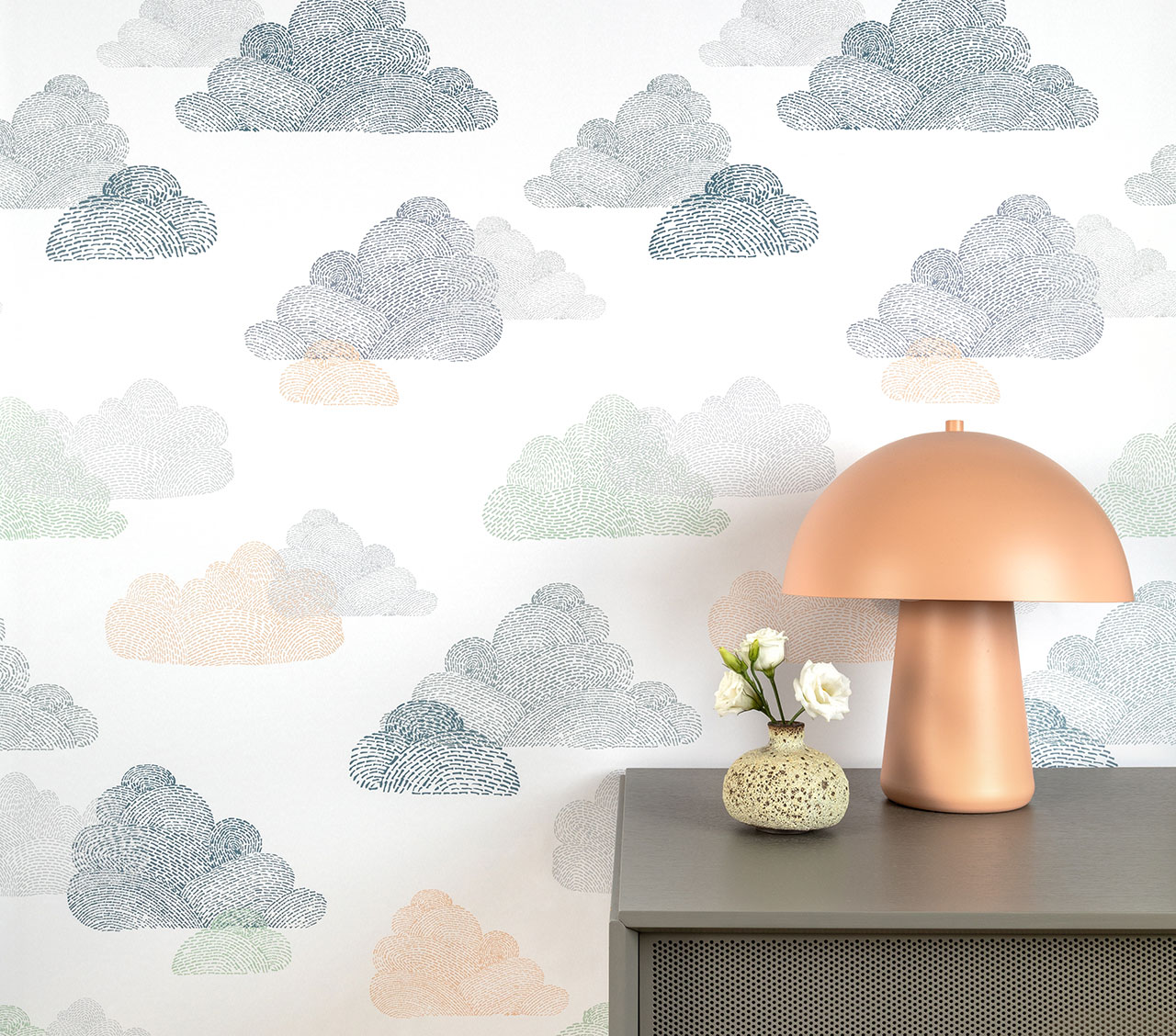
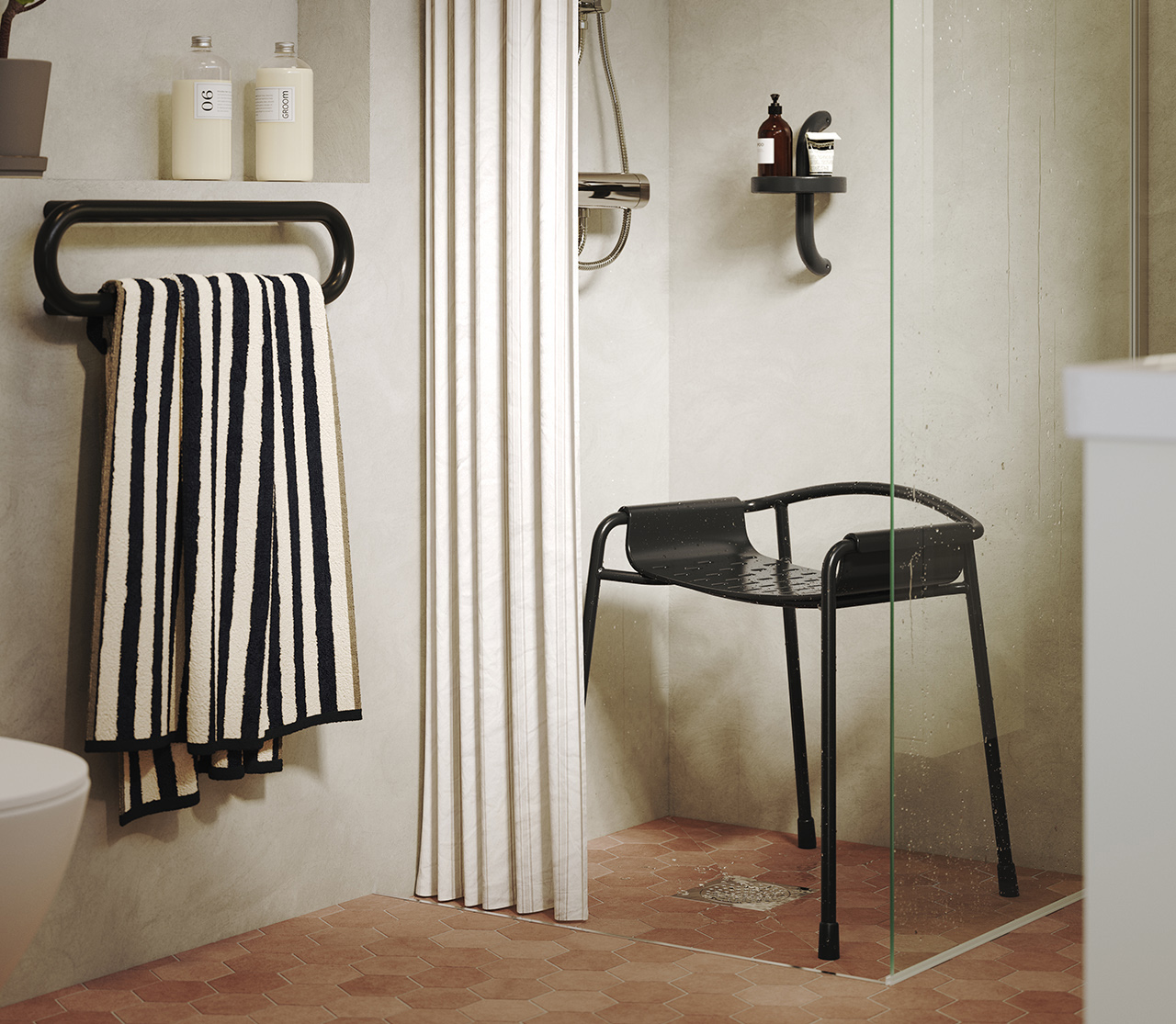
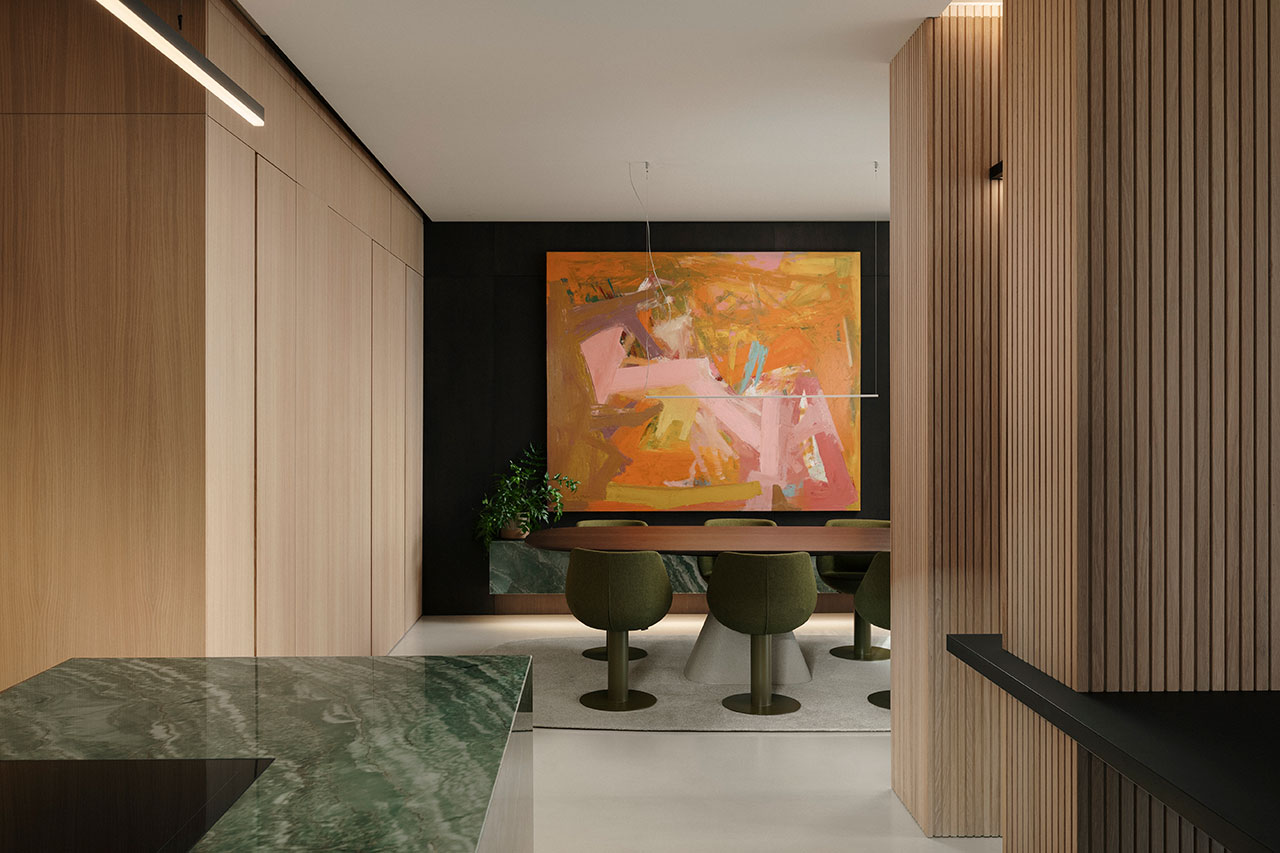























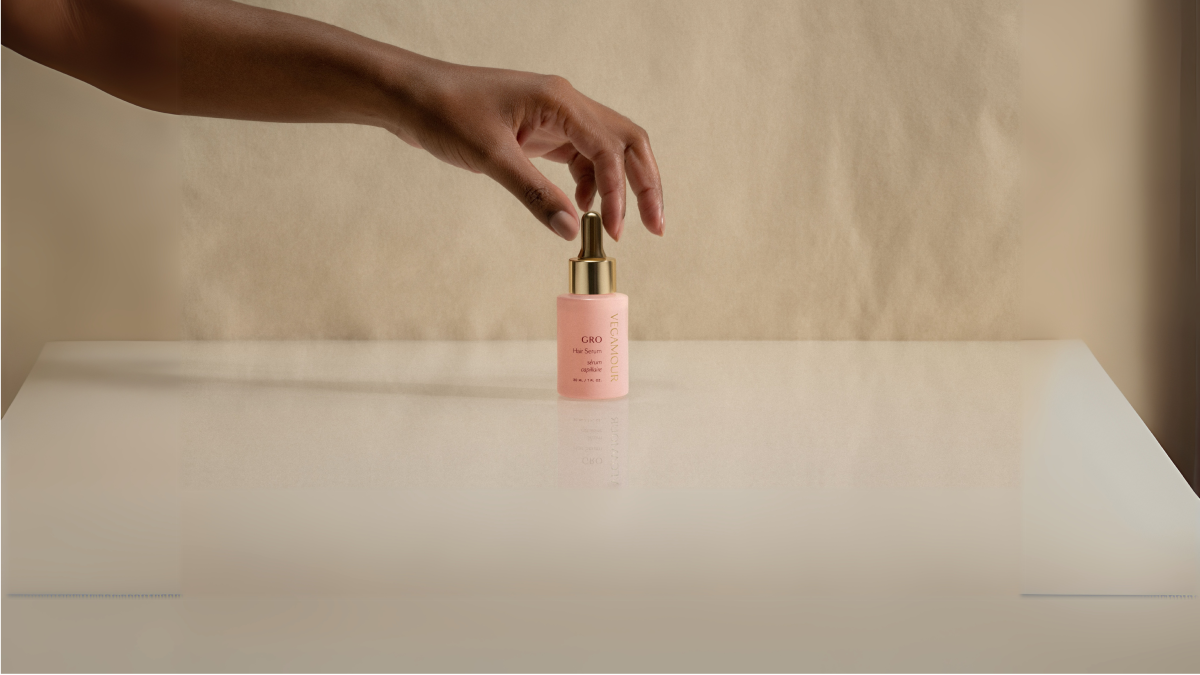













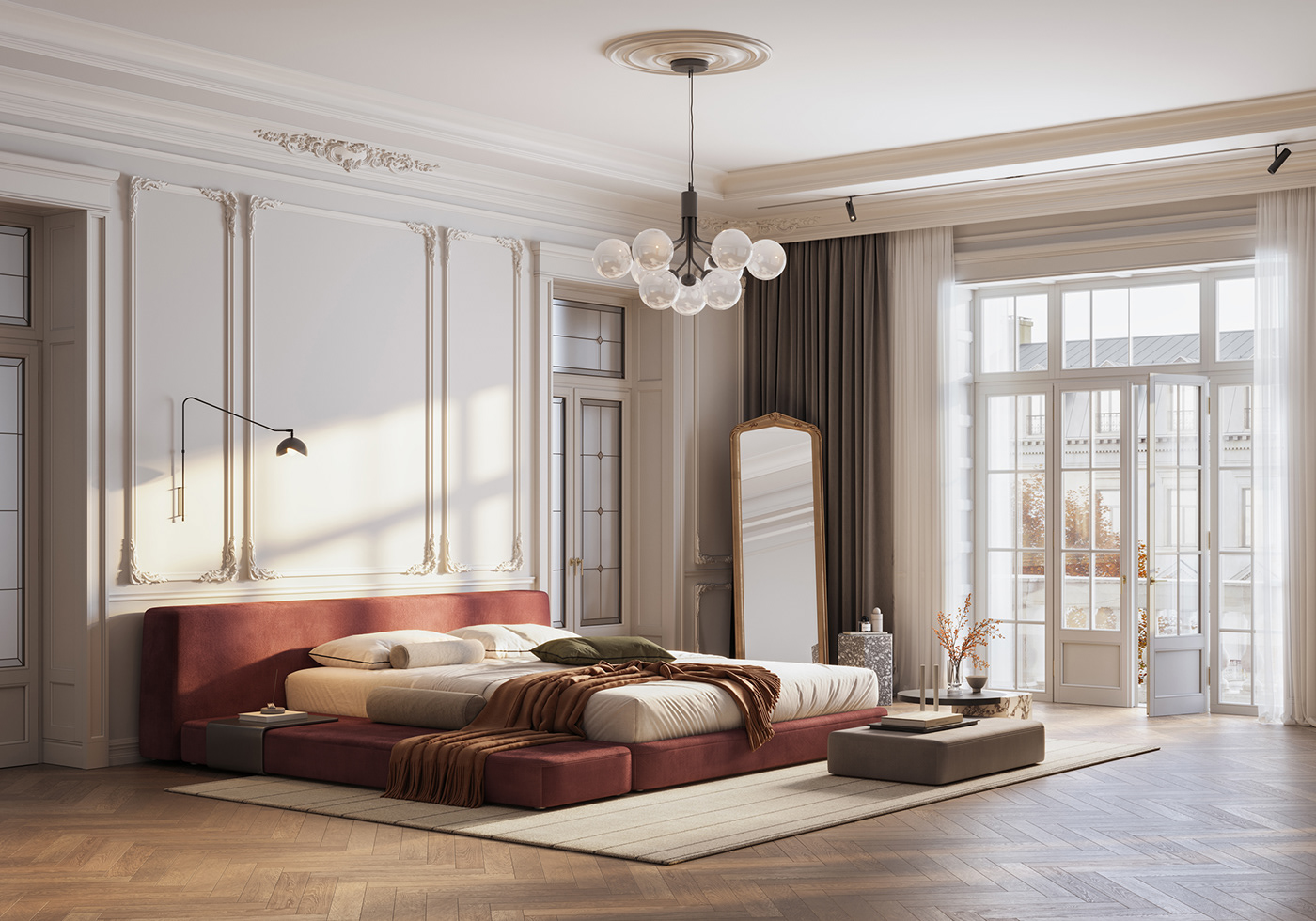
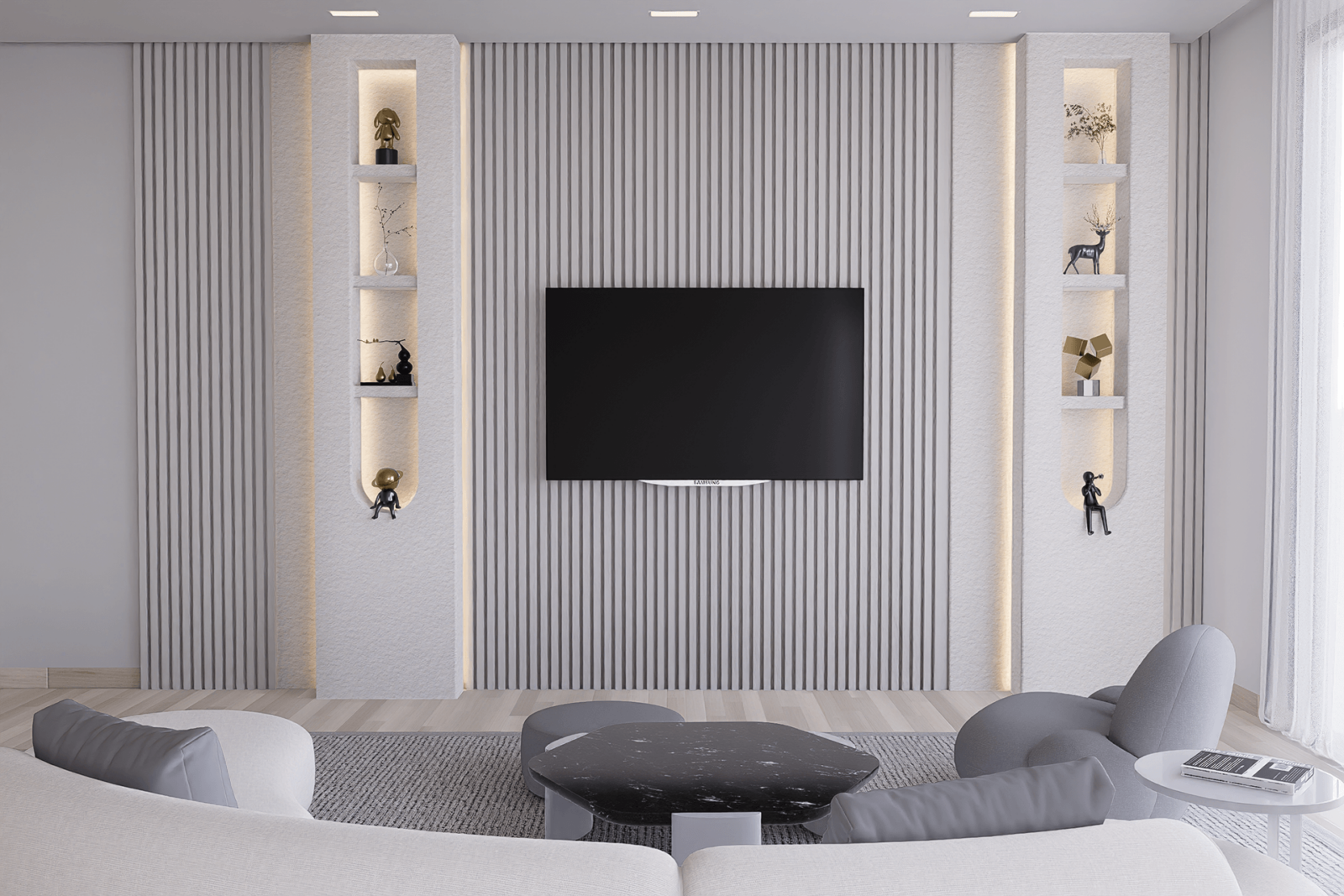
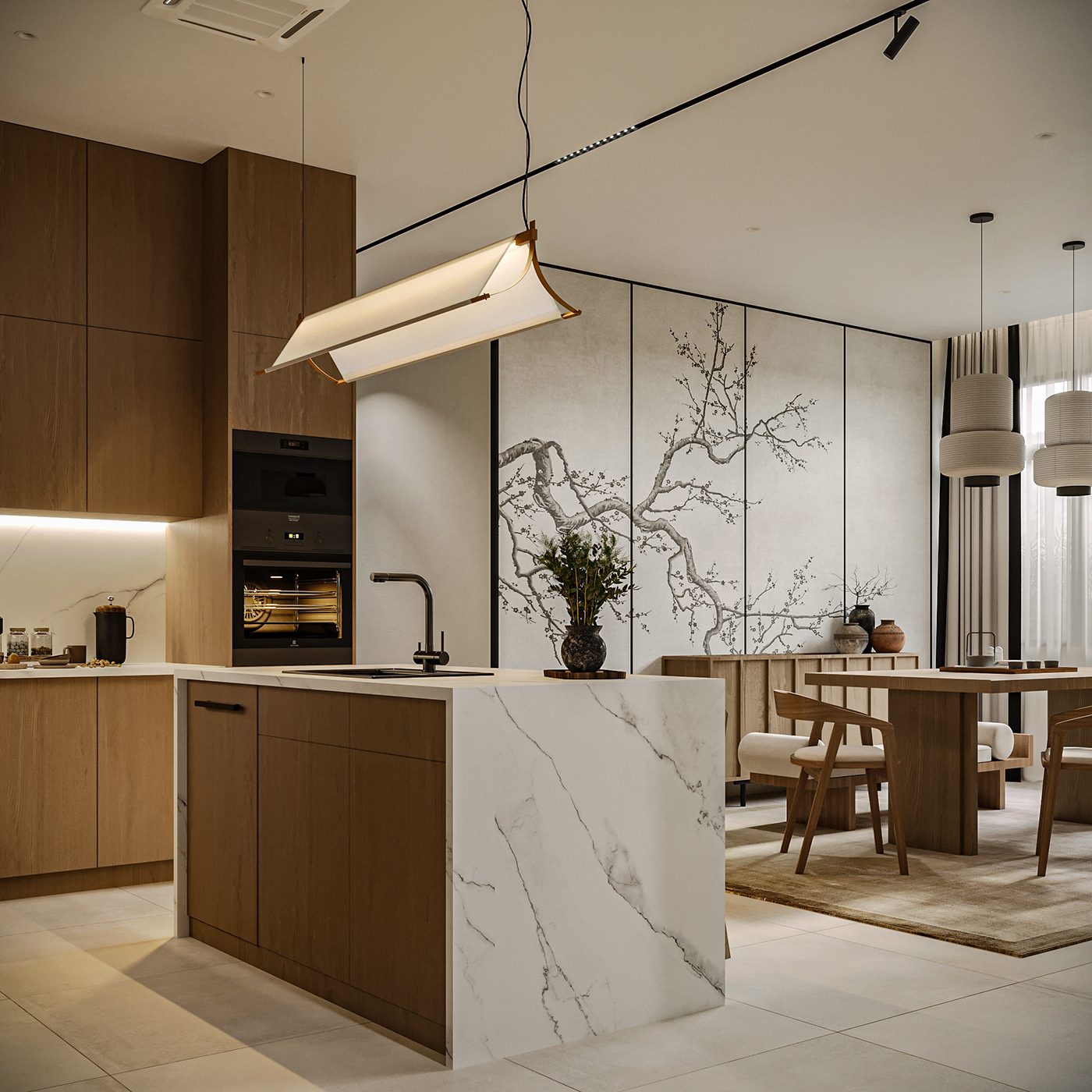
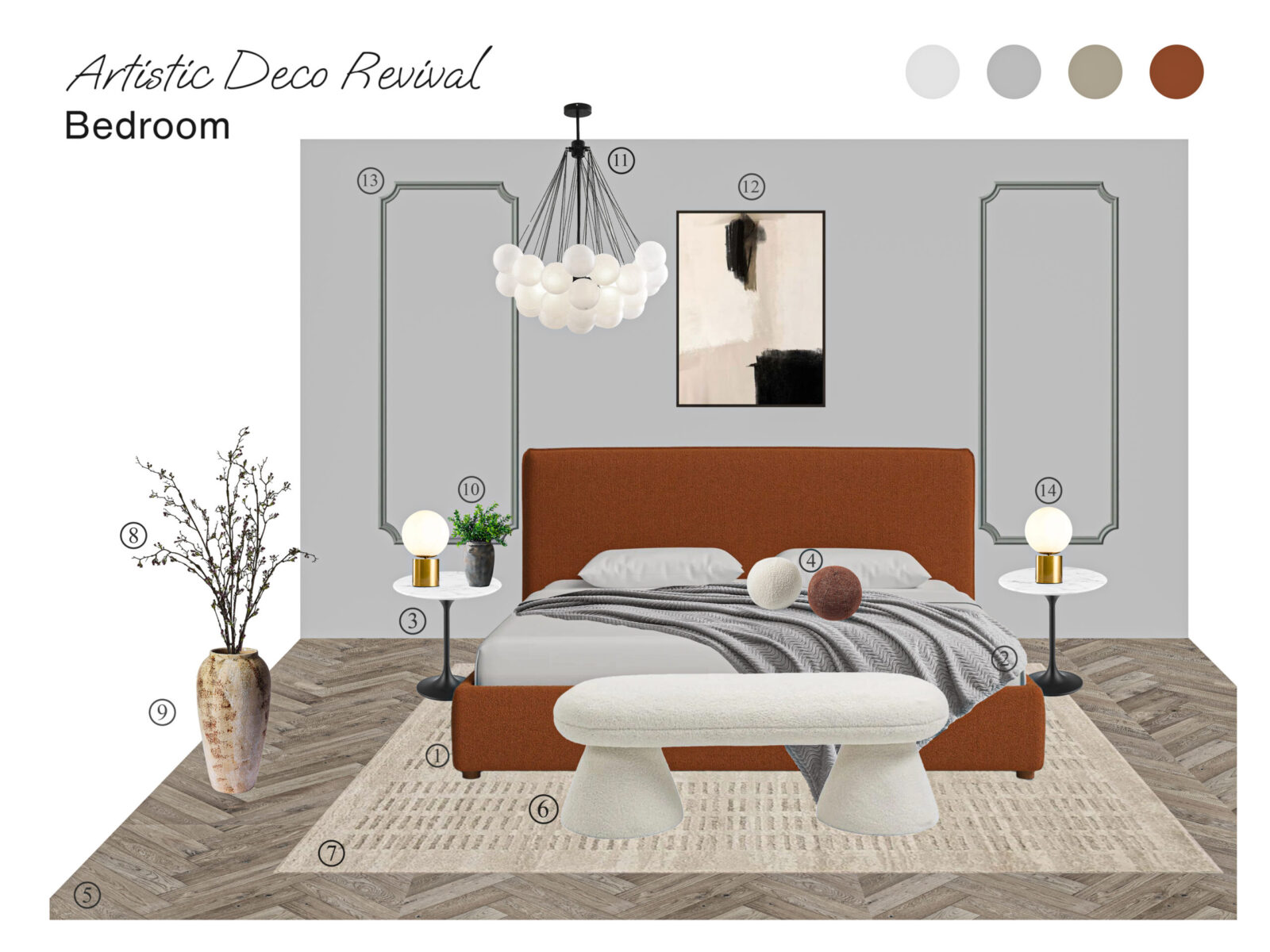




![[Podcast] Unlocking Innovation: How Play & Creativity Drive Success with Melissa Dinwiddie](https://justcreative.com/wp-content/uploads/2025/04/melissa-dinwiddie-youtube.png)



